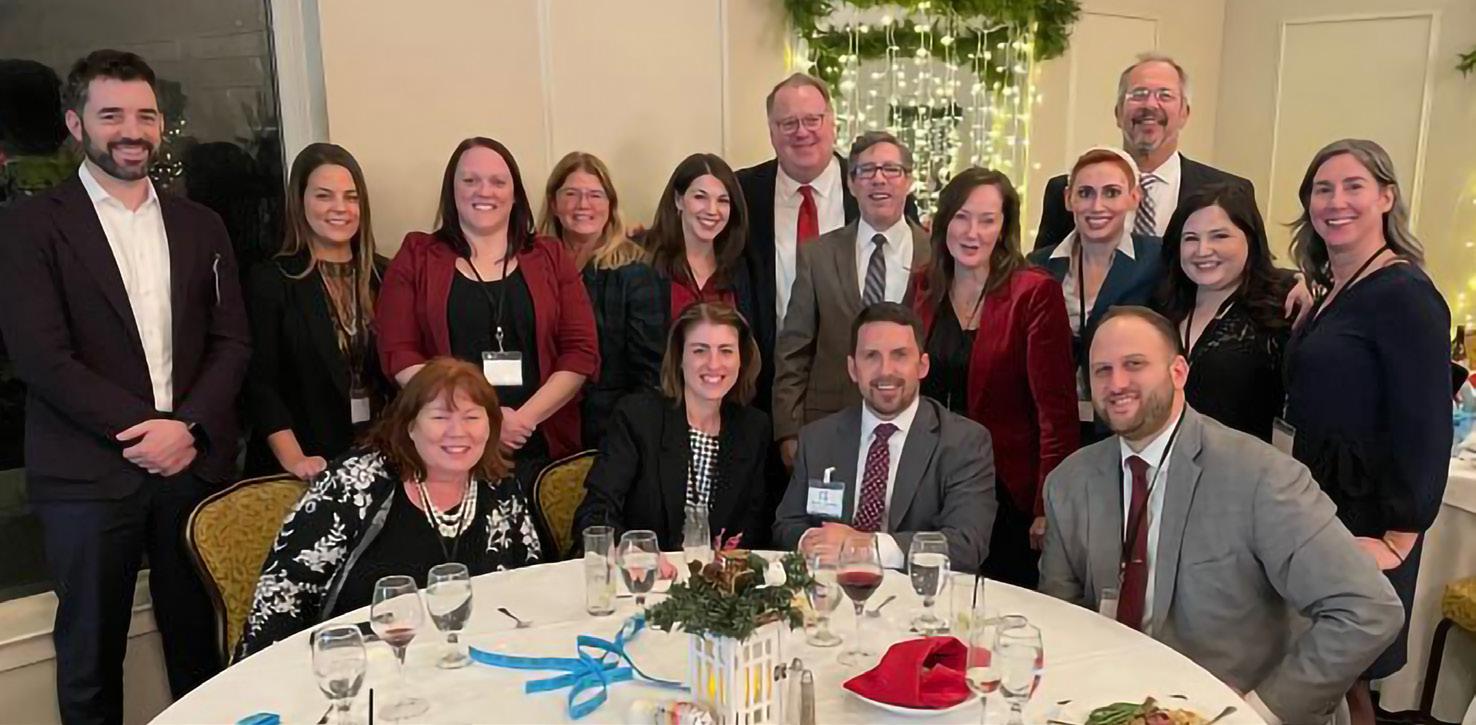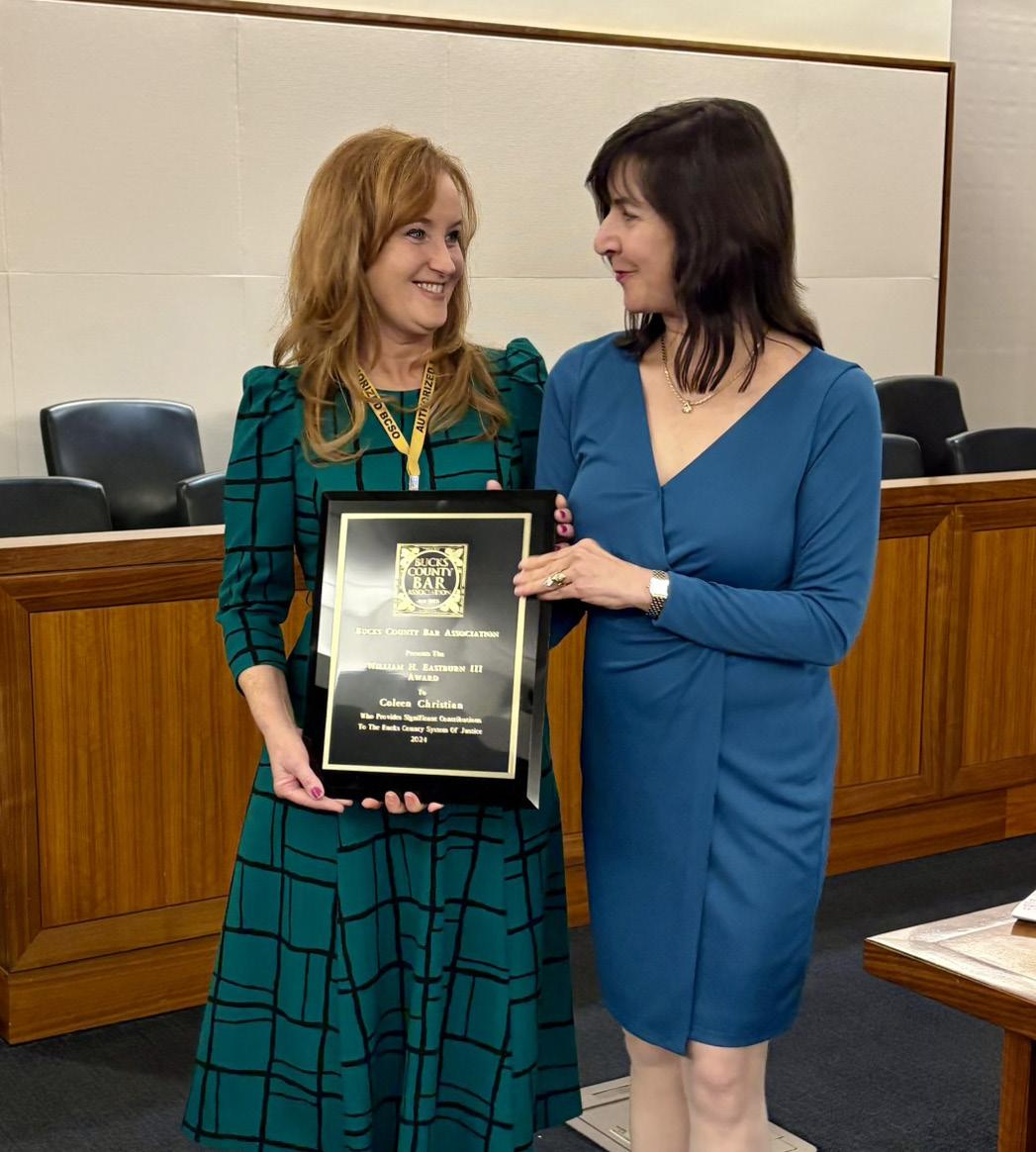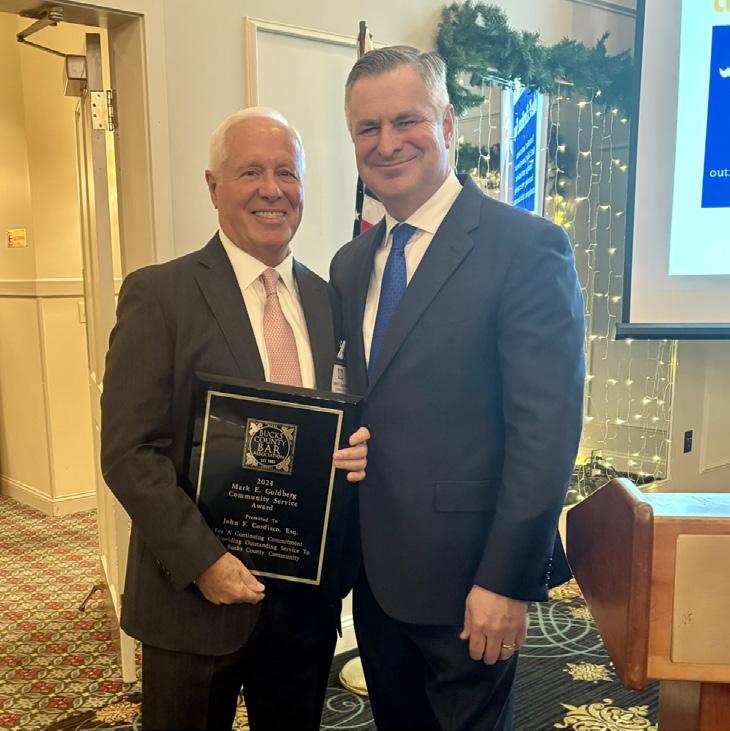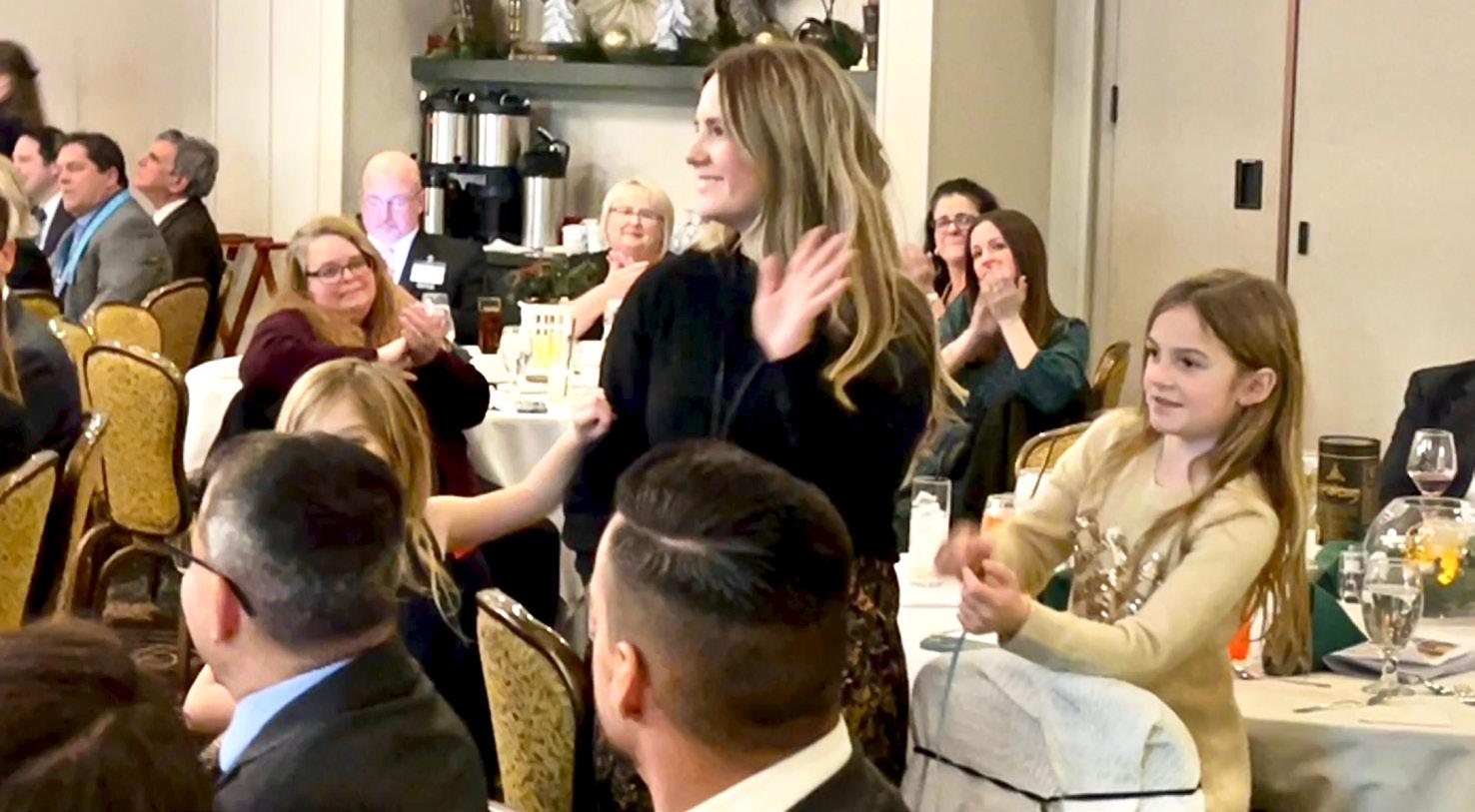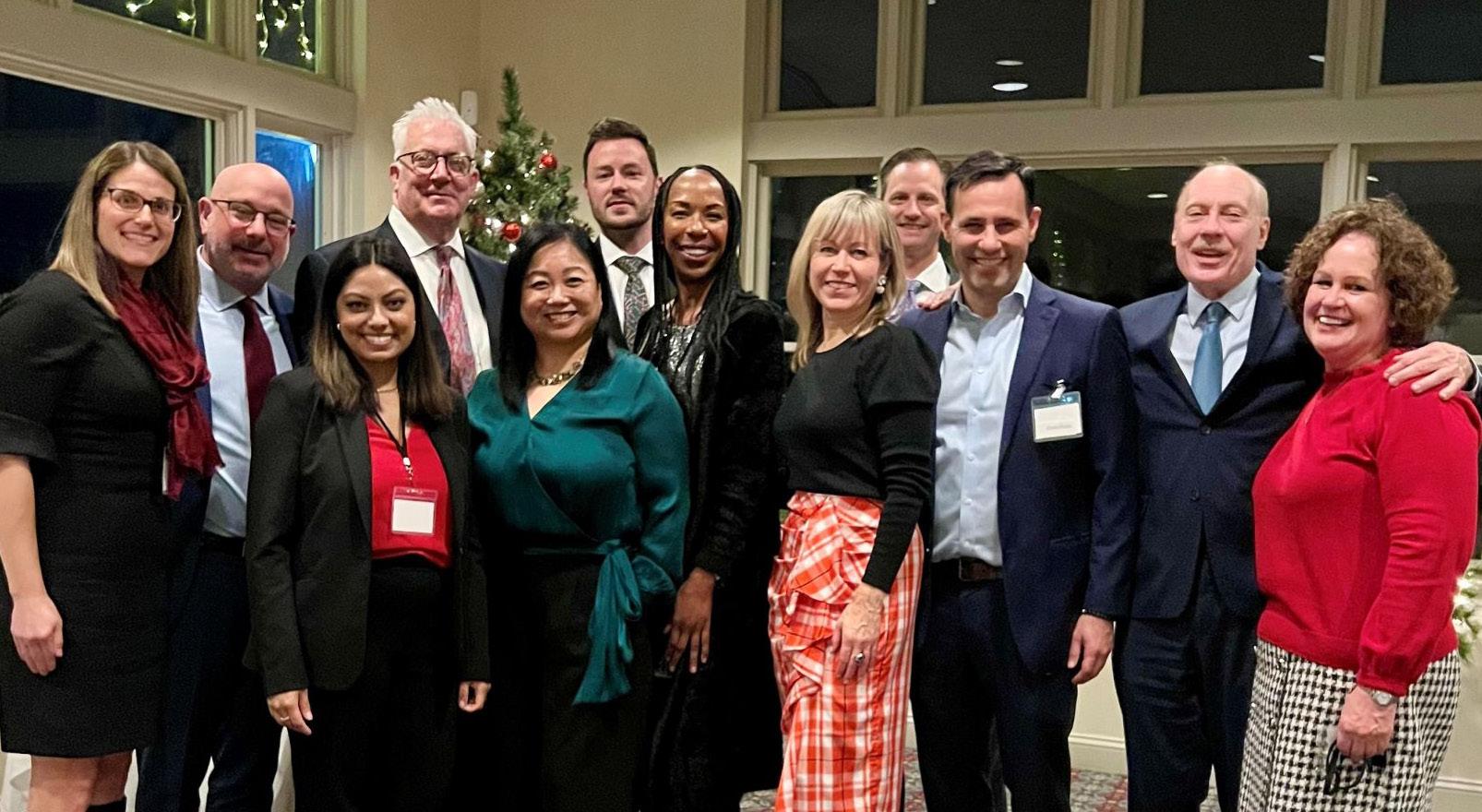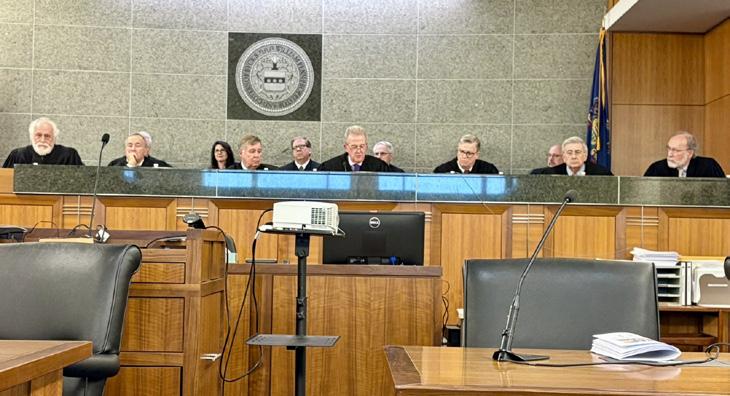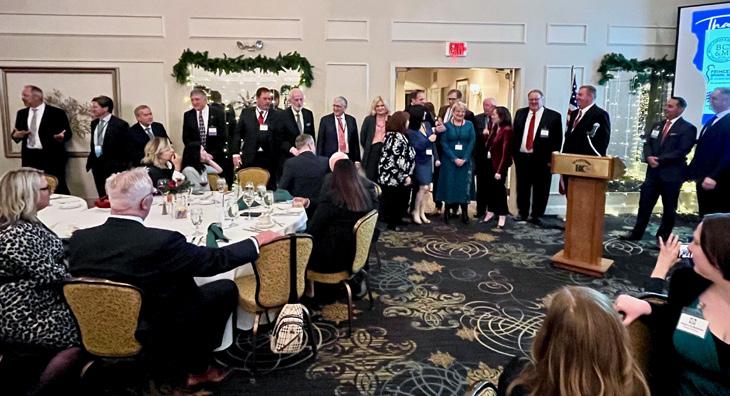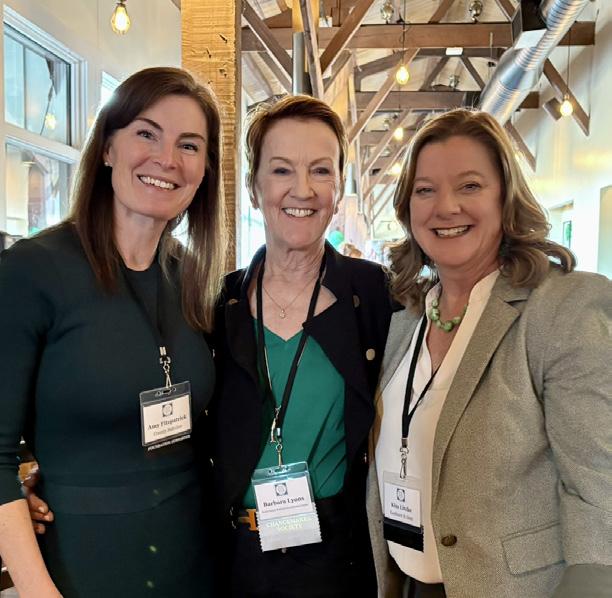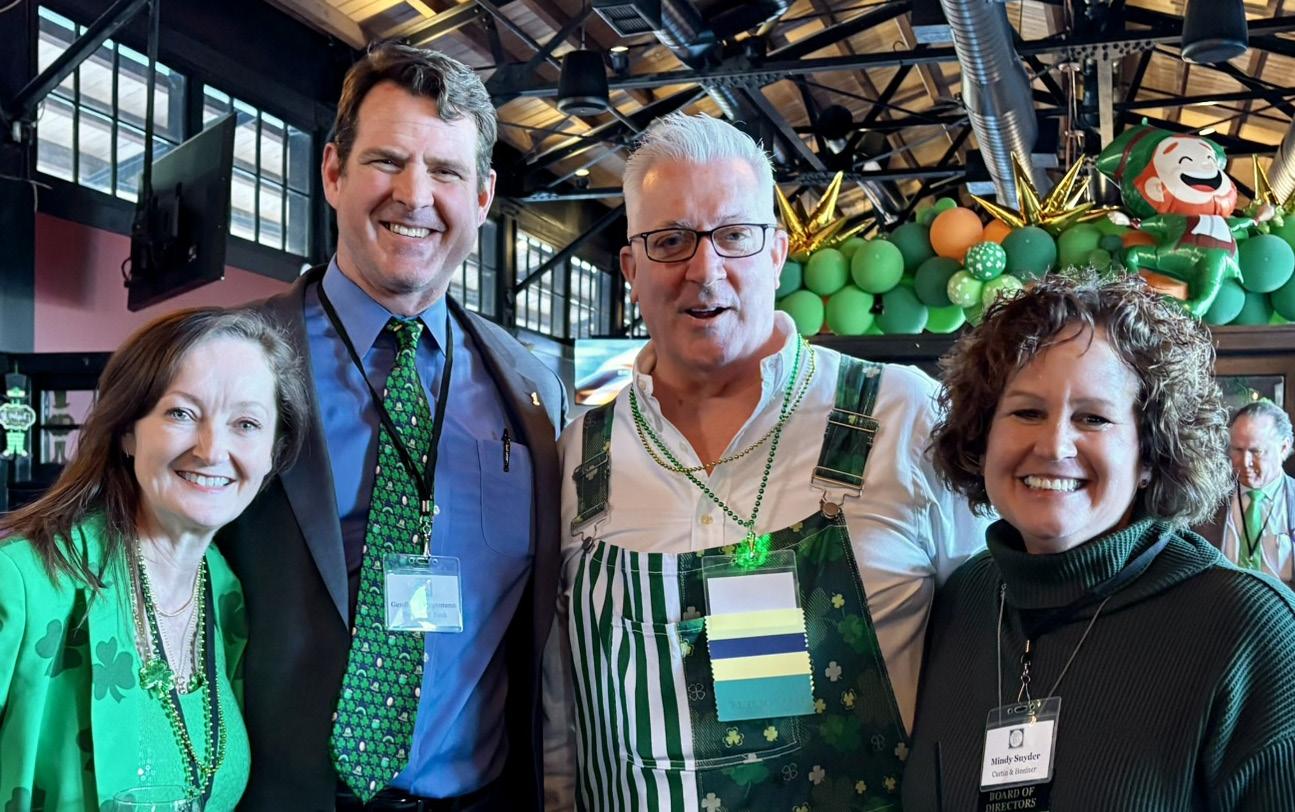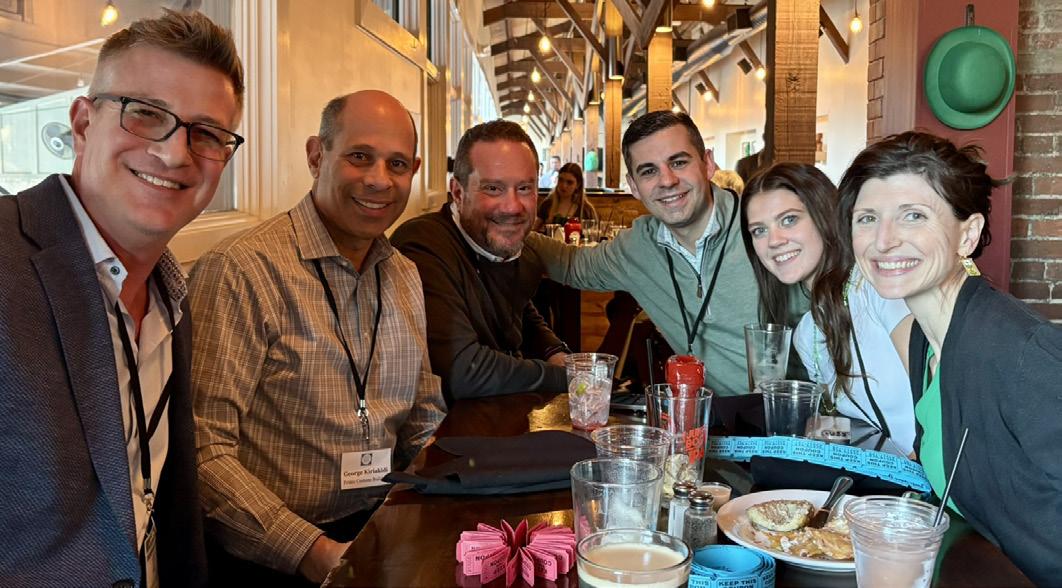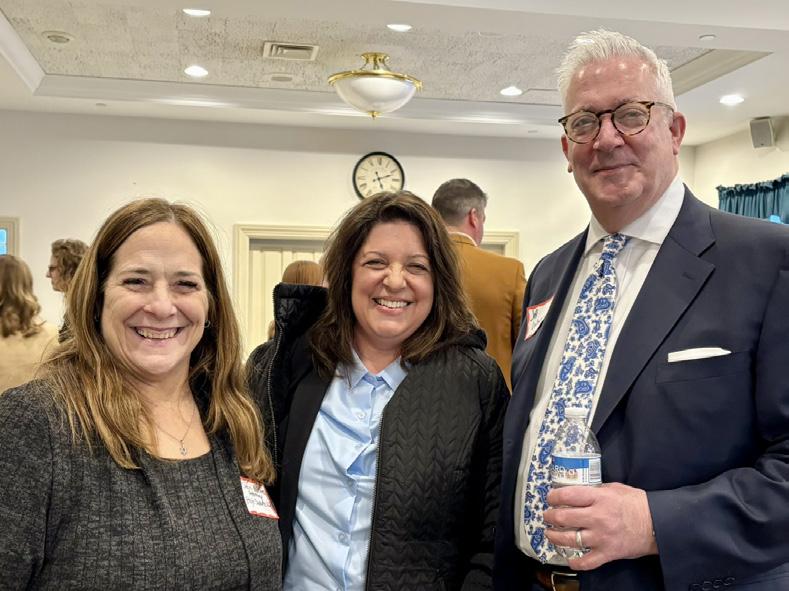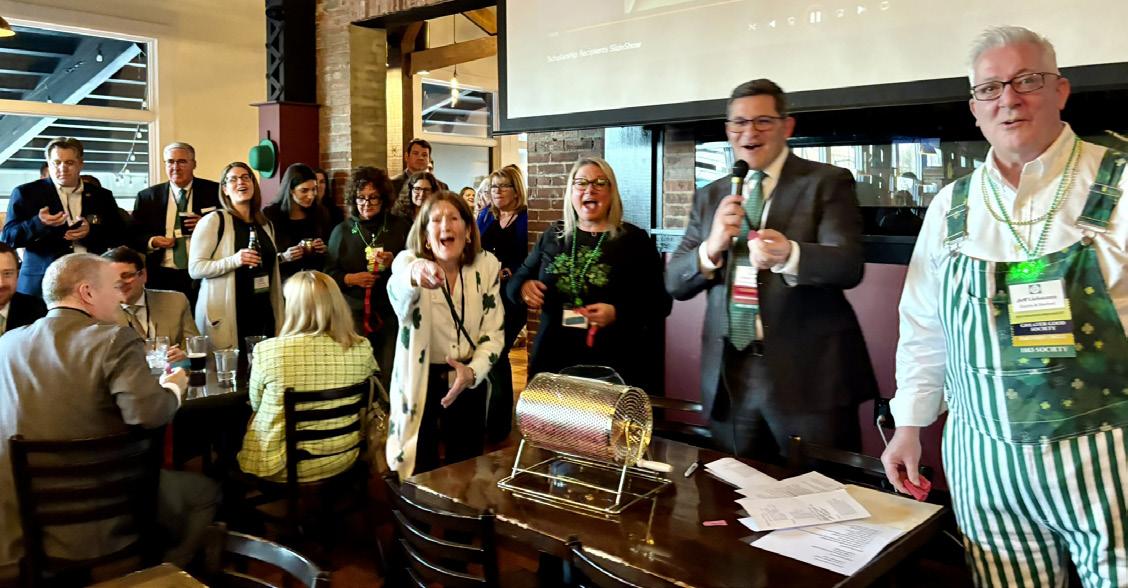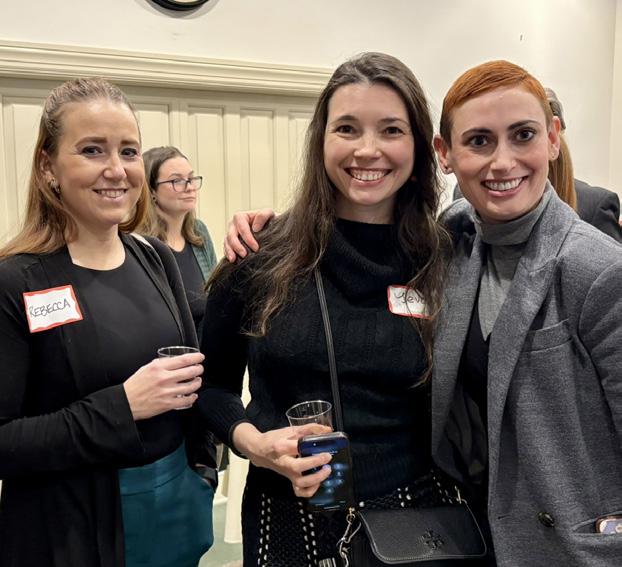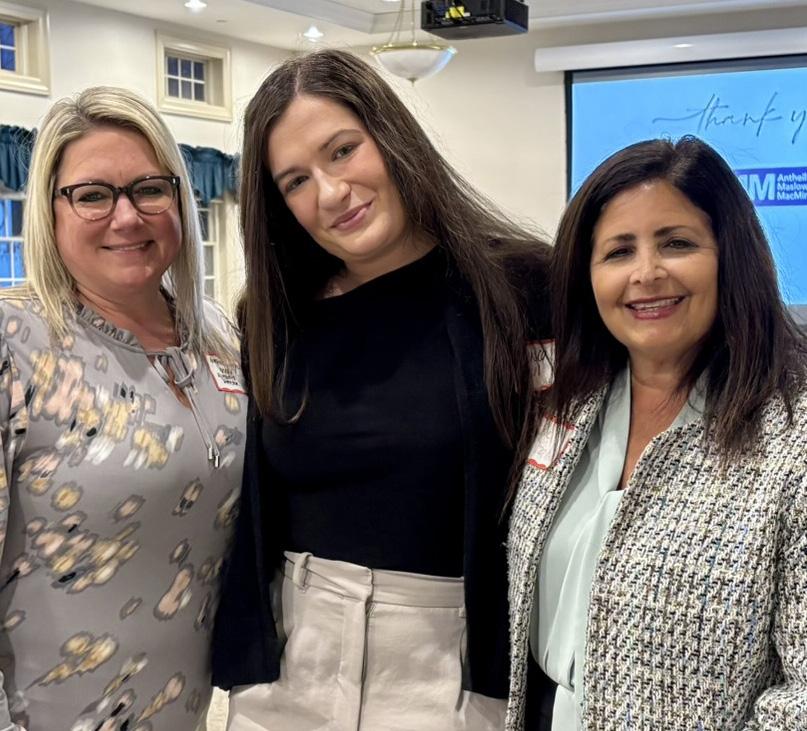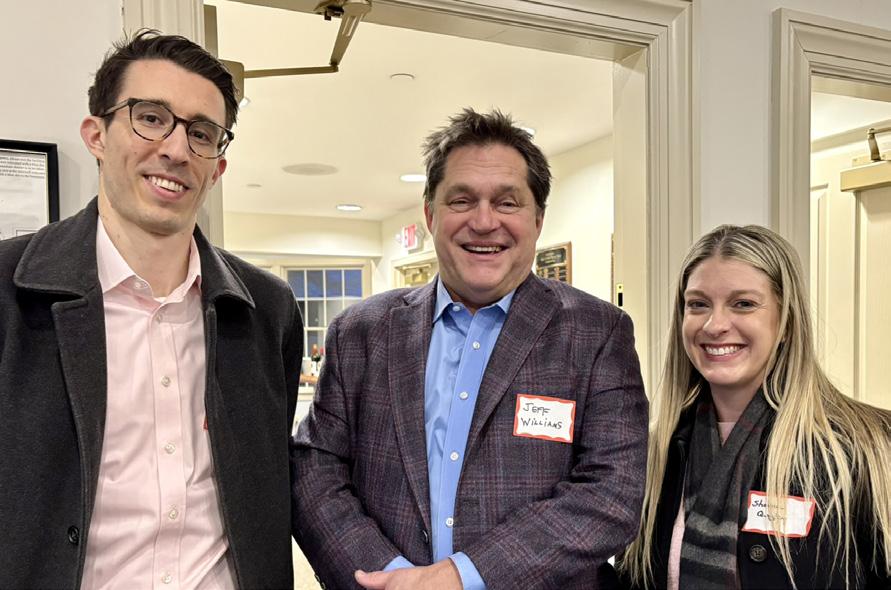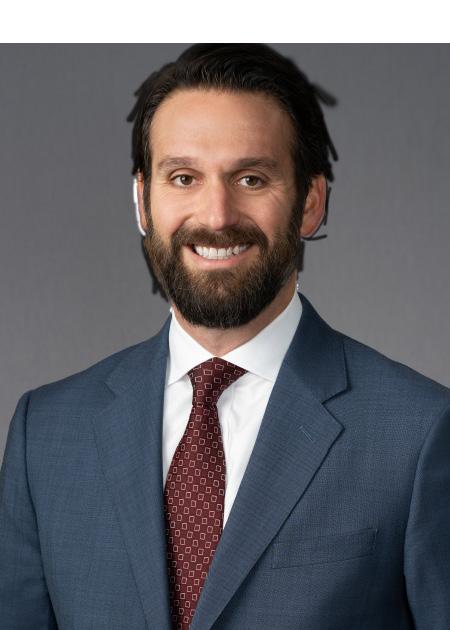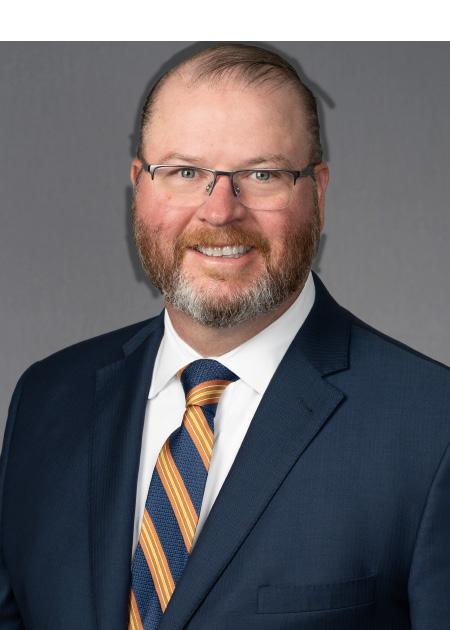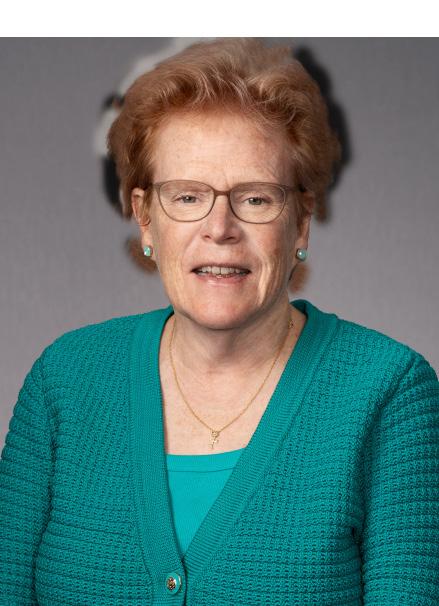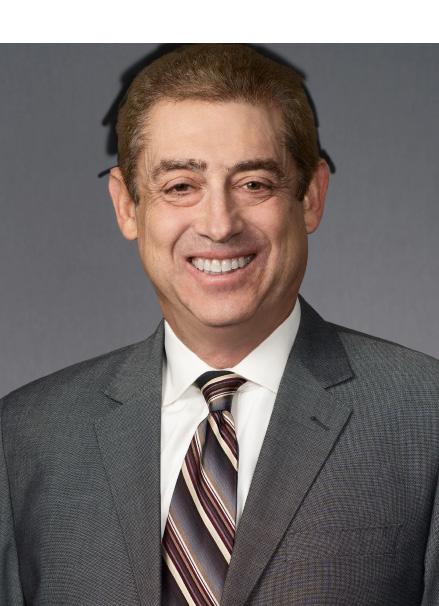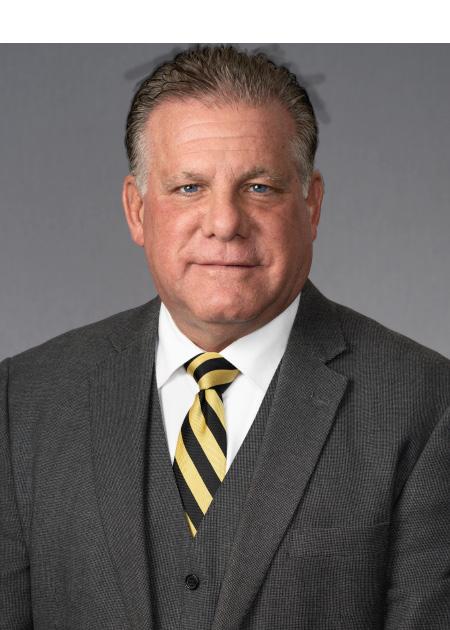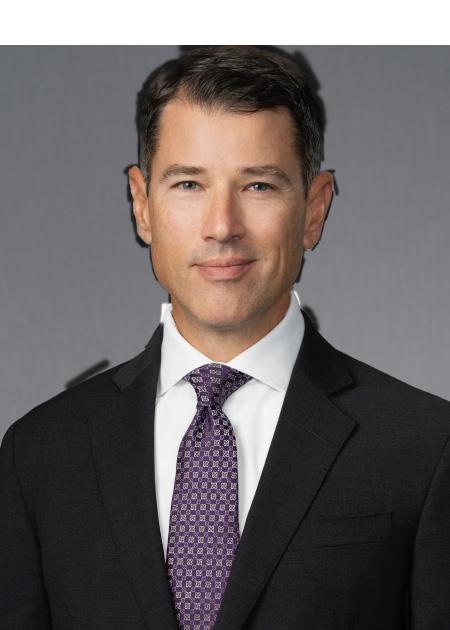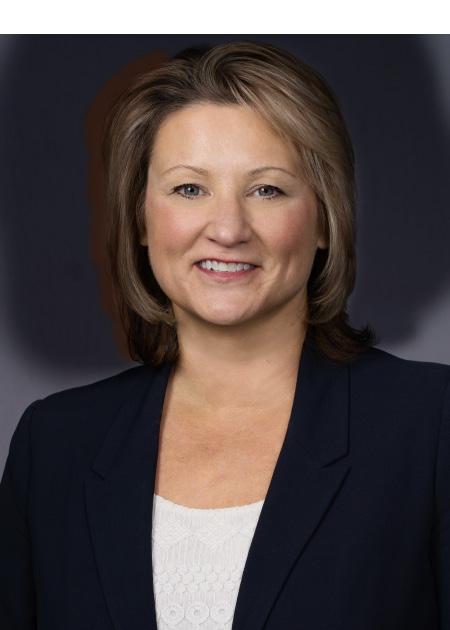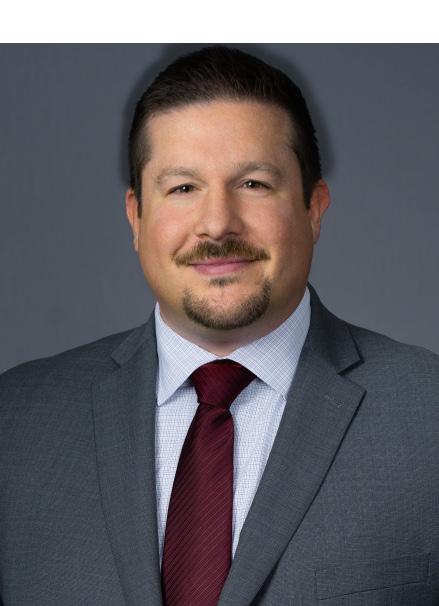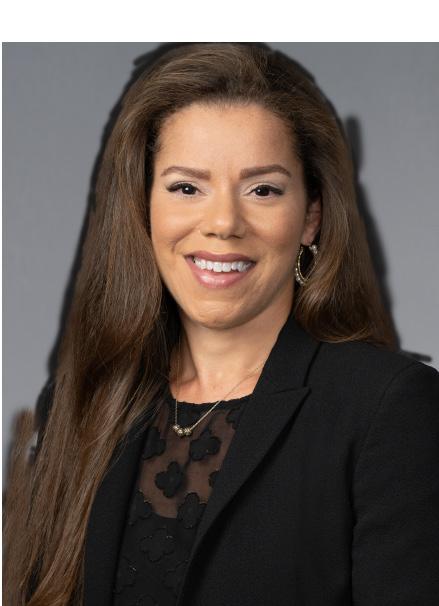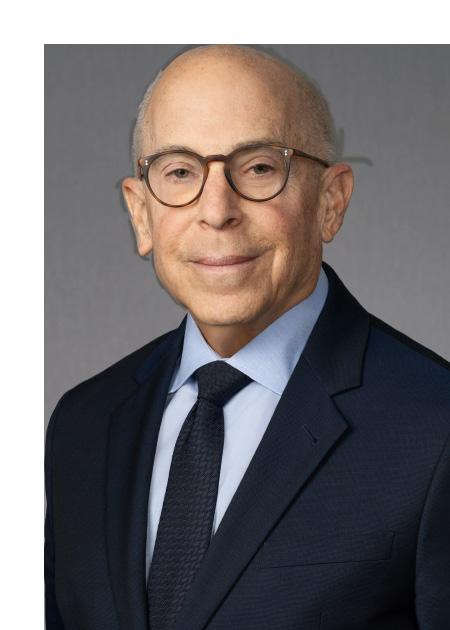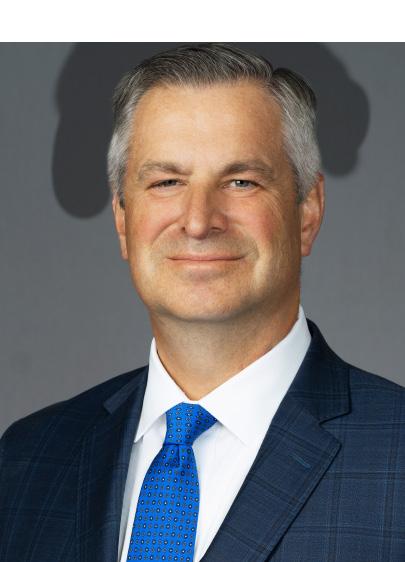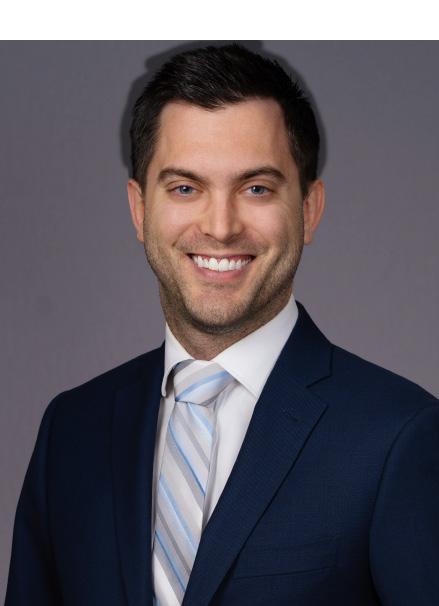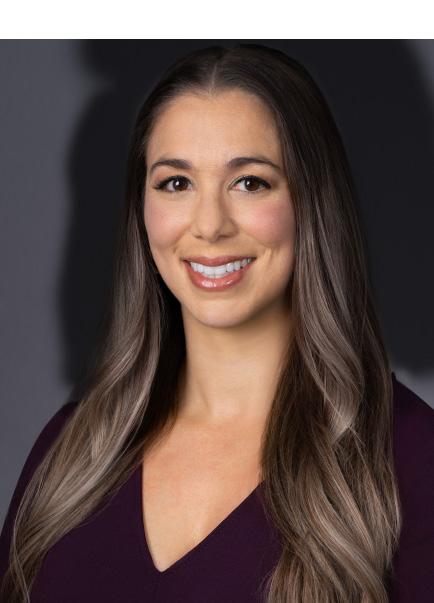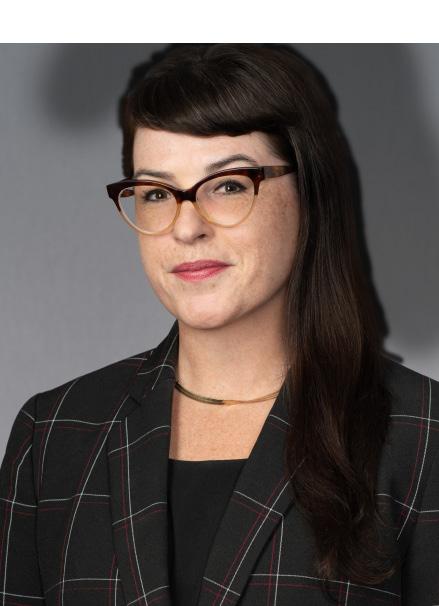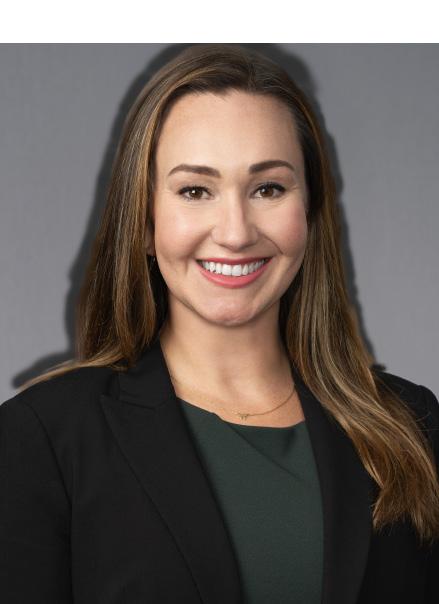






Cordisco & Saile is proud to announce that Todd M. Sailer, Esq. has joined our firm, adding 25 years of exceptional experience in personal injury law to our team.
Todd has earned a stellar reputation for his relentless advocacy and proven ability to secure life-changing results for his clients, including multi-million-dollar recoveries in cases involving motor vehicle accidents, workplace injuries, and other acts of negligence.
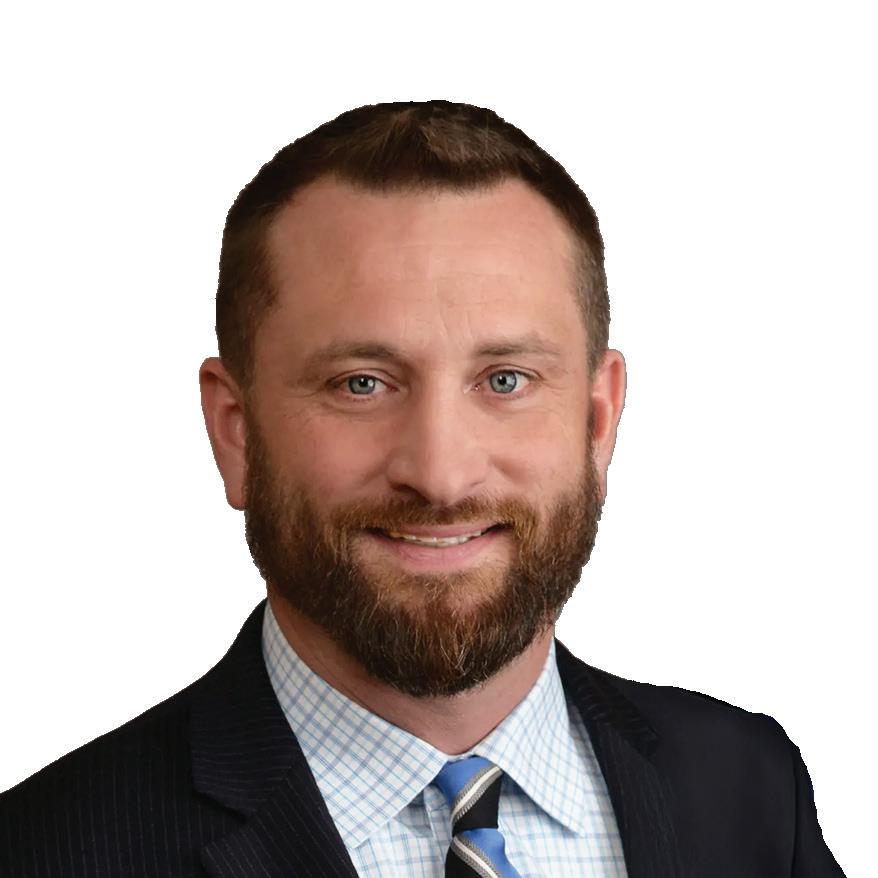
Todd’s meticulous preparation and courtroom skills make him an invaluable resource for attorneys and clients alike throughout Bucks County and beyond. With his addition, Cordisco & Saile continues to strengthen its commitment to providing exceptional representation and achieving justice for injury victims and our communities across the region.
“I am thrilled to join Cordisco & Saile, a firm that shares my mission to never stop fighting for clients and to put people first.”
- Todd M. Sailer, Esq.


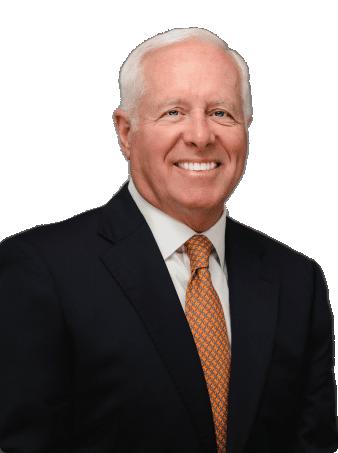

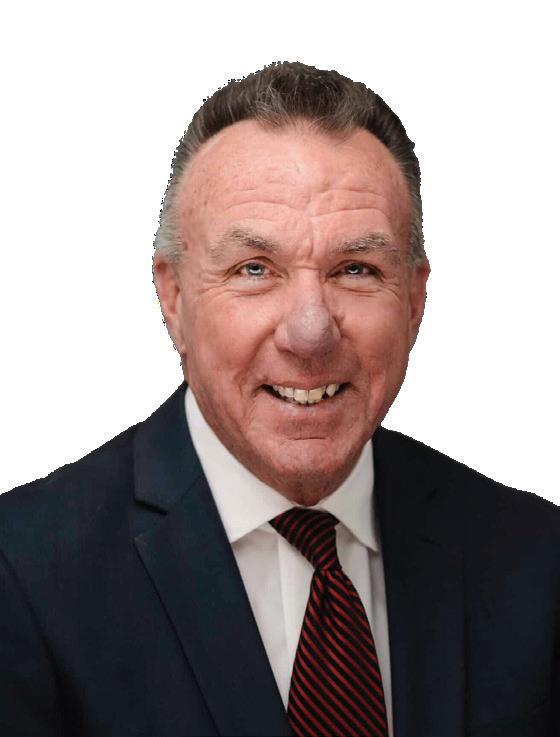

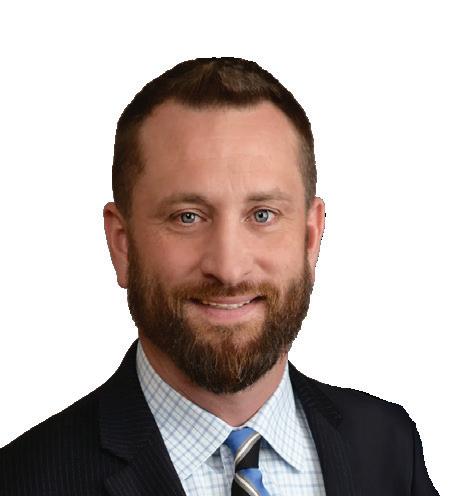
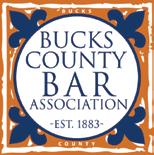
President
Jeremy D. Puglia
Vice President/President Elect
Melanie J. Wender
Secretary
Elaine T. Yandrisevits
Treasurer
Stephanie M. Shortall
Immediate Past President
R. Tyler Tomlinson
Past Presidents’ Representative
Daniel M. Keane
Board of Directors
Hon. Robert O. Baldi
Abigail C. S. Bukowski
Brendan M. Callahan
Joseph A. Cullen
Steven M. Jones
Jeffrey A. Liebmann
Kimberly Litzke
Tina Mazaheri
Joanne M. Murray
Travis P. Nelson
Thomas E. Panzer
Mindy J. Snyder
Writs Editor
Travis P. Nelson
Writs Photographer
Emily McGee
Bar Association Office
Heather Cevasco, Executive Director 135 East State Street Doylestown,



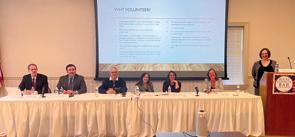

This December, the Bucks County Court of Common...
How
There are many words that both supporters and...
The morning of Friday, January 3, 2025, started out...
Every Wednesday, pro bono volunteers are needed...
During the 2024 Annual Meeting of the Bucks...



“You would be a perfect match.” That is what...
On behalf of the Bucks County Bar Foundation...

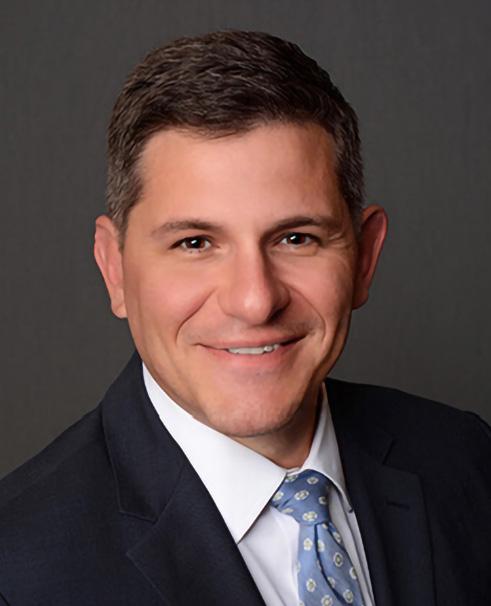
Ecclesiastes 1:1-9
1 The words of the Teacher, son of David, king in Jerusalem:
2 Meaningless! Meaningless!” says the Teacher. “Utterly meaningless! Everything is meaningless.”
3 What do people gain from all their labors at which they toil under the sun?
4 Generations come and generations go, but the earth remains forever.
5 The sun rises and the sun sets, and hurries back to where it rises.
6 The wind blows to the south and turns to the north; round and round it goes, ever returning on its course.
7 All streams flow into the sea, yet the sea is never full. To the place the streams come from, there they return again.
8 All things are wearisome, more than one can say. The eye never has enough of seeing, nor the ear its fill of hearing.
9 What has been will be again, what has been done will be done again; there is nothing new under the sun.
As I thought about what to write, and what might pique your interest to keep reading, I began to read Presidents’ messages from years past, and I began to think about how portions of each of those articles could just as easily apply to my year. After all, there is nothing new under the sun, right? So, I thought it would be fun to do a little intentional plagiarism, to wit:
It is with great pleasure and appreciation that I write my second President’s Message for the Writs. The past few months of my presidency have been invigorating and enlightening. I am overwhelmed with gratitude and admiration for the leadership, service and hard work of our members and the BCBA staff. (Lawrence R. Scheetz, Jr. – Summer 2023)
I’m excited to work with this year’s Board of Directors and Executive Board. They are energetic, committed and, perhaps more importantly, possessed of healthy senses of humor. The group is collegial and dedicated – a microcosm of the BCBA, itself. (David Truelove – Winter 2017)
Since our last issue, the Bar Association has remained abuzz with activity. There have been a lot of wonderful events that have occurred, including several interesting CLEs. This issue is full of write ups of the fun, interesting events that the Bar Association recently held. These events succeed because of the amazing hardworking staff and our members who consistently volunteer their time. (Julie D. Goldstein – Summer 2022)
Our Young Lawyers’ Division recently hosted the annual Bucks County High School Mock Trial competition. Once again, I had the pleasure of serving as a juror and, as usual, was impressed with the dedication and talent of the students and their coaches. Many thanks to all of our members who logged many hours coordinating and volunteering for this time-consuming, but rewarding, event. (Joanne M. Murray – Spring 2015)
Our relationship with the Bucks County Bench has never been stronger. We continue our commitment to ensure . . . that the Court is aware of issues that are important to our members and to achieve results that benefit our members and their clients. (Sean Gresh – Winter 2021)
I do want to thank all of the members, our Past Presidents, and the BCBA’s Staff for helping me this year. It is a great honor to serve as the President of this Association. We are doing some exciting things, and we are making a difference. This does not happen without you. The Bar Association is your organization, and we are here to serve you! (Tyler Tomlinson – Spring 2024)
Should you have any questions about BCBA activities or have any new ideas that would benefit our members, I invite you to contact me. I wish you and your families a restful and safe summer. (Grace Deon – Spring 2016)
Oh yea, and GO BIRDS!
– Jeremy Puglia, Esquire Bucks County Bar Association President
Jeremy D. Puglia is a shareholder at Drake, Hileman & Davis where he handles personal injury claims as well as other general civil litigation matters. Jeremy is the President of the Bucks County Bar Association.

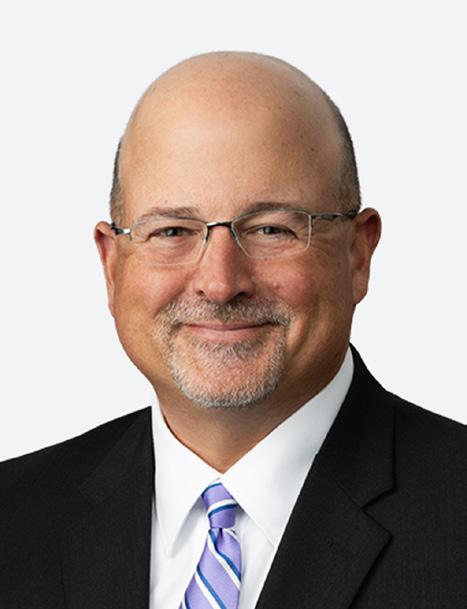
Spring has sprung, the birds are singing, and flowers are in bloom. In this edition of the Writs, in addition to our regular columns, we find special articles on a variety of topics. From the play-by-play of deep-seated rivalries, pranks, and antics occurring behind the scenes among our otherwise black-robed, serious sages at the Justice Center, to a tribute to a retiring judge and how practitioners from around the county and region are helping clients respond to the latest executive actions out of Washington—this edition of the Writs is packed with fun and informative news you can use!
During springtime, we find reminders of renewal and rebirth all around us. We see flowers blooming in our towns and parks. We see animals crawling out of their nooks. Last week, while on a morning walk around Lake Galena, I saw a half-dozen deer staring at me as if I had disturbed their morning routine.
In April, we also experience major holidays occurring on the same day—the Jewish celebration of Passover and the Christian celebration of Easter. These two holidays commemorate, in their own distinct ways, freedom. Passover commemorates the liberation of the Israelites from slavery in ancient Egypt, as recounted in the biblical book of Exodus. It is a time of reflection, remembrance, and celebration. Passover is observed through rituals, community gatherings, and charitable acts to support those in need. Many observers of Passover use this as an opportunity to reaffirm their commitment to freedom, justice, and compassion. British Rabbi Morris Joseph once wrote that, “Passover affirms the great truth that liberty is the inalienable right of every human being.”
The Christian celebration of Easter similarly marks what believers see as the triumph of Jesus Christ over sin and death through the Resurrection. Christians believe that out of suffering, one can find hope, and out of despair and darkness, renewal and redemption may emerge. Fr. Shane Flanagan, of Our Lady of Mt. Carmel in Doylestown, recently wrote in the parish bulletin that during Easter, observers find “[a] light for those suffering with the
The Bucks County Bar Association also strives to answer this call to service, to enable its members to commit themselves to furthering freedom, justice and compassion.
wounds of life to look to when needing the strength to push forward.” (OLMC Bulletin, March 16, 2025)
It is notable that both of these two great world religions have, at the foundation of their most significant holidays, the notion of suffering and redemption. It is perhaps because of this notion that both religions teach the importance of service. Philadelphia Archbishop Nelson Perez recently wrote to members of the Greater Philadelphia Catholic Community: “Go out to others, seek those who have fallen away, stand at the crossroads, and welcome those who feel outcast.”
The Bucks County Bar Association also strives to answer this call to service, enabling its members to commit themselves to furthering freedom, justice, and compassion. Recently, the Bucks County Bar Foundation (“BCBF”) held its annual St. Patrick’s Day fundraiser in Doylestown, which achieved record fundraising. On June 9, 2025, the BCBF will hold its annual golf outing. The BCBF also organizes a scholarship contest for high school students throughout Bucks County. In fact, this year, the BCBF will be awarding its 100th scholarship, which would not have been possible but for the generosity and service of the Bar and the community. The BCBA also works closely with Legal Aid of Southeastern Pennsylvania on protection-from-abuse matters, as detailed in this edition of the Writs
In this edition of the Writs, we read about many examples of members of our community who answered the call to service. We read about Judith Algeo, a friend and colleague of many in the Bar Association, who became an attorney after twenty years as a therapist. We read about Judith’s advocacy for children in Dependency Court and how she was instrumental in shaping the way that Bucks County protects children. We also read about the retiring Judge Jeffrey Finley, who, after a long career in public service, is retiring from the bench. This edition also reports on the various awards bestowed at the December BCBA annual meeting, where the Bar recognized its members’ dedication and service to the Bar and the community.
This spring season gives each of us an opportunity to renew our own dedication to service, charity, and furthering the causes of liberty, justice, and empowering others. Whether we are compelled by religious observances, reminded by nature’s renewal around us, or just moved by our own innate desire to serve and bring about renewal, the opportunities abound for members of the Bar to make a difference in the lives of others. Each of us has the opportunity to champion the inalienable right of every human being to liberty, as Rabbi Morris teaches, or to be the light in the darkness for those suffering with legal, physical, or emotional wounds, as Fr. Flanagan writes. We
can do this through pro bono representation, where our skills enable us, or by supporting the various BCBF events and activities. We can also do this by being a friend to those in need, by lending our voices to support others who cannot speak for themselves, or sometimes, by just lending an ear to listen.
Travis P. Nelson is a partner in the Philadelphia, PA office of Polsinelli, P.C., and a Doylestown resident. Mr. Nelson is the Editor of the Writs

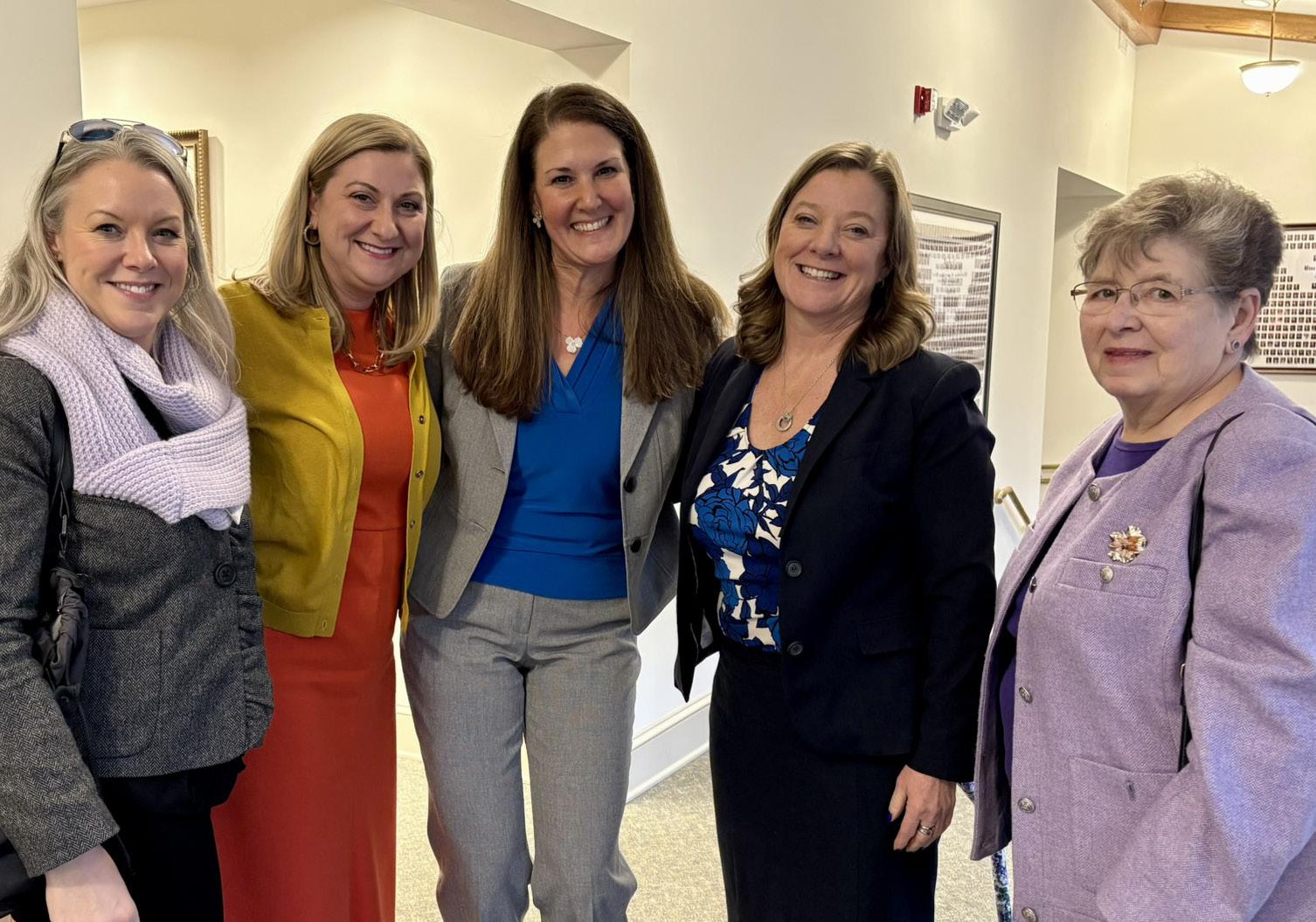
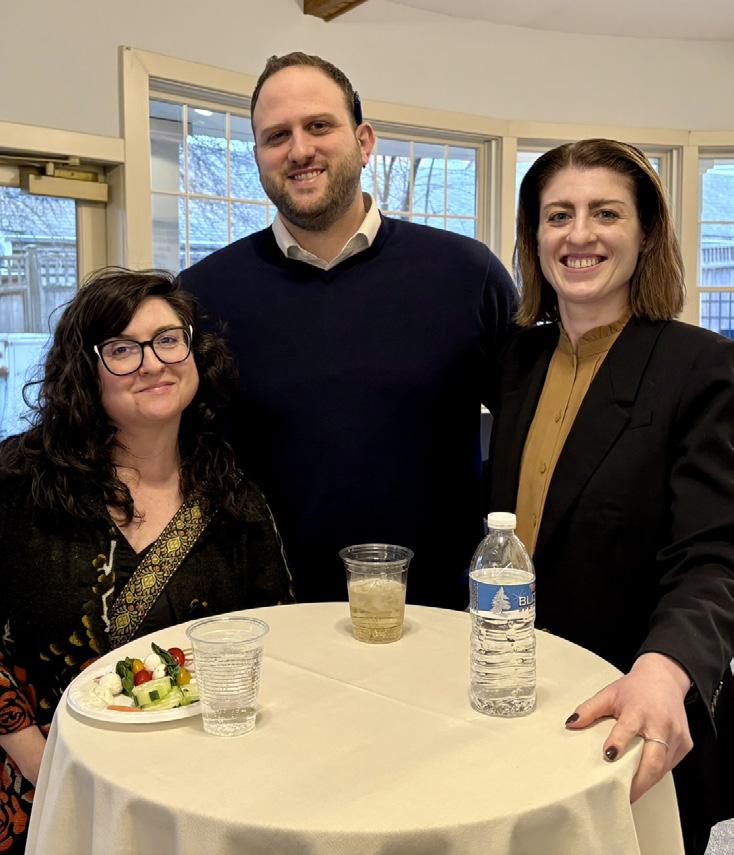
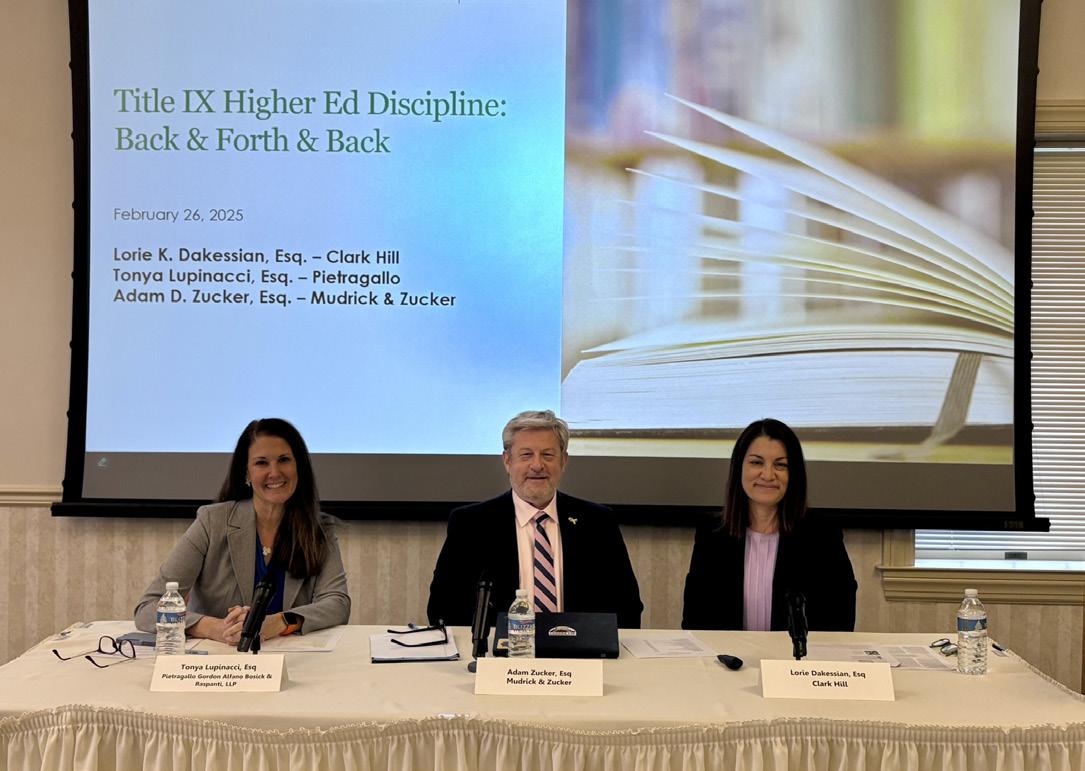
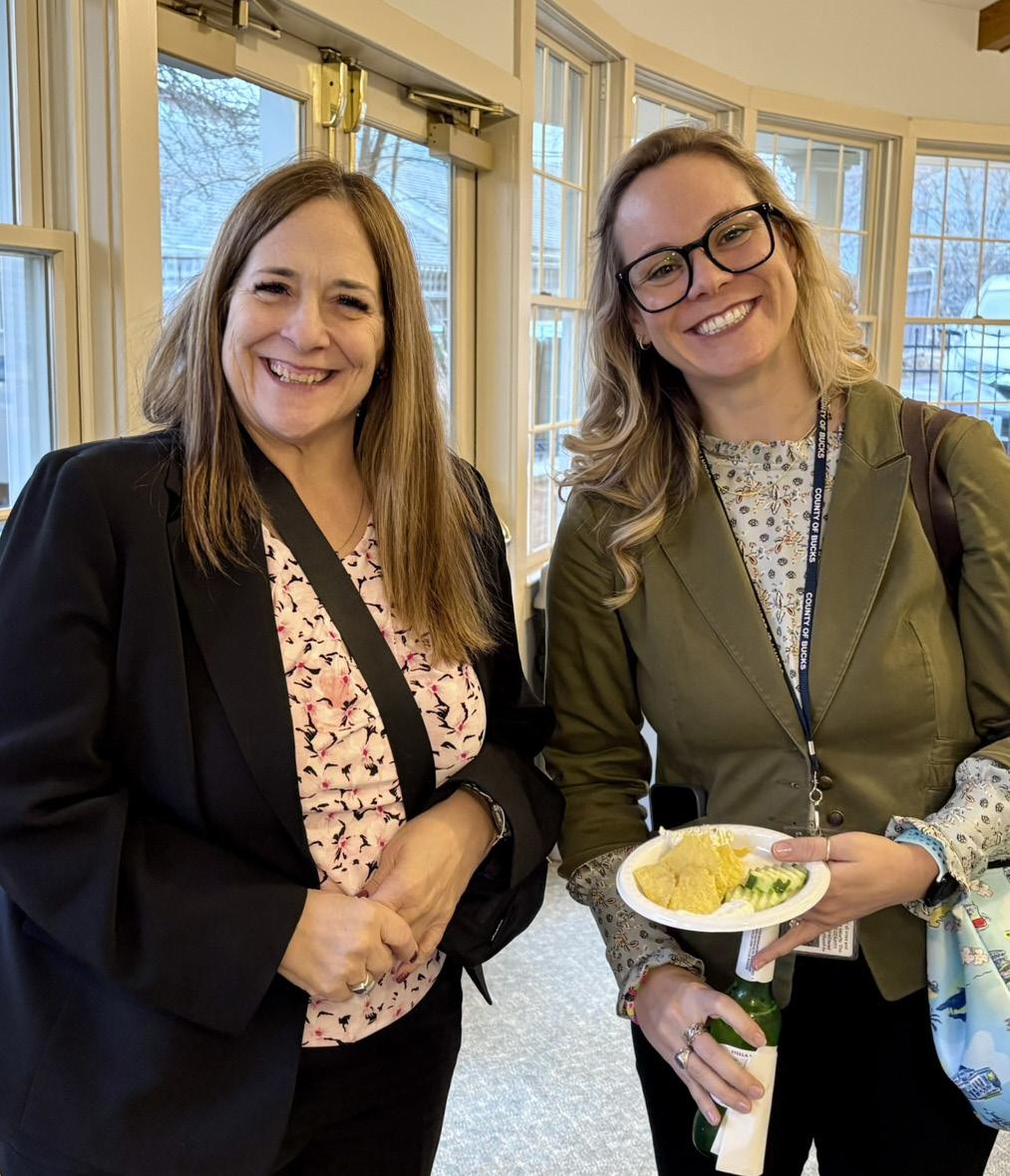
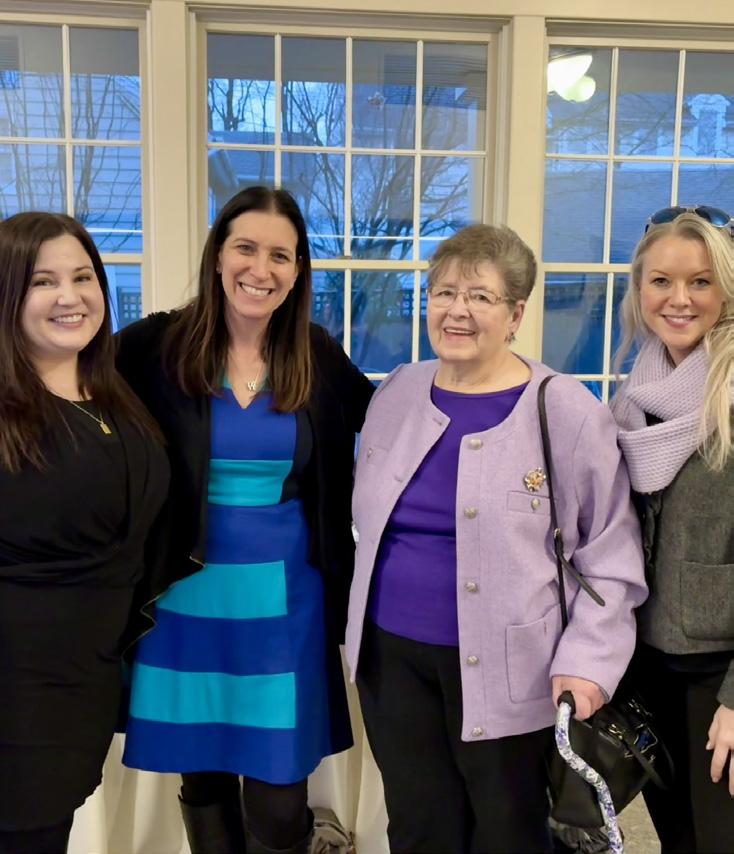

By Sean M. Gresh
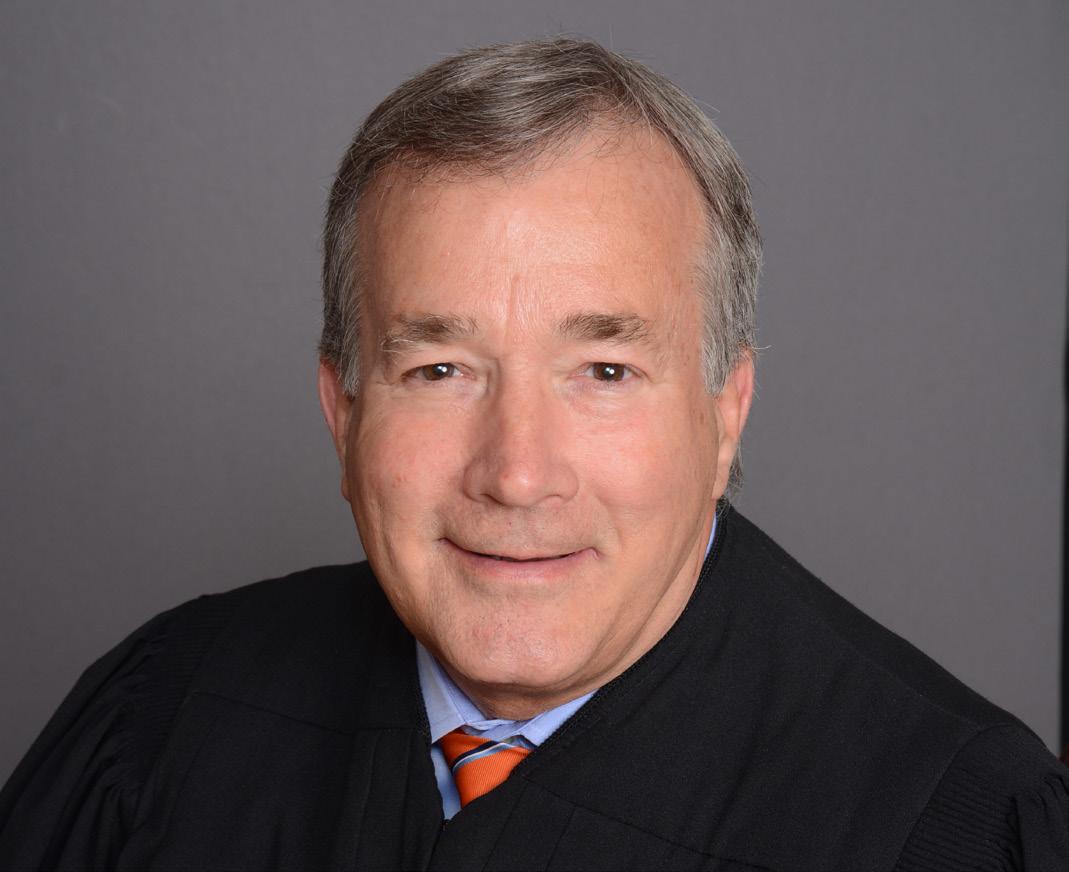
THIS DECEMBER, THE BUCKS COUNTY COURT OF COMMON PLEAS WILL SAY GOODBYE TO ONE OF ITS LONGEST SERVING JURISTS. As many who read this already know, Judge Jeffrey L. Finley has chosen to decline the ability to run for retention in 2025, meaning that he will have to leave the bench when his term expires at the end of this year.
Jeffrey Lee Finley was born in Doylestown in 1954. He attended Central Bucks East High School, and though he excelled in several sports, his favorite to play was rugby.
After graduating from CB East, Judge Finley chose to attend Temple University, graduating with a Bachelor of the Arts degree in 1977. Judge Finley then studied law at Loyola University in New Orleans, Louisiana, graduating in 1981. Judge Finley continued to play rugby at a national level during his college and law school careers and was chosen as a member of the inaugural class of the Doylestown Rugby Hall of Fame in 2009.
Choosing to return to Bucks County after graduation, Judge Finley accepted a position as an Assistant District Attorney with the Bucks County District Attorney’s Office. While in the DA’s office, Judge Finley would work with many of the
people who would later become his cohorts on the bench, including Judges Mike Kane, Alan Rubenstein, David Heckler, C. Theodore Fritsch, Diane Gibbons, Wallace Bateman, and Raymond McHugh.
When Judge Finley decided to leave the District Attorney’s office he joined the Doylestown firm of Eastburn and Gray, where he would spend the rest of his career as a lawyer practicing civil litigation, school law, and criminal defense.
I asked Grace Deon, the Managing Partner of Eastburn and Gray, what it was like to work with Judge Finley at the firm. Grace shared the following with me:
In the summer of 1990, I clerked at Eastburn and Gray, PC, joining the firm full-time as an associate in 1992. I always knew I wanted to be a litigator and the firm had many skilled trial lawyers, including Jeff Finley a/k/a Judge Finley. In addition to his criminal defense practice (having joined the firm directly from the Bucks County District Attorney’s office), he handled a variety of civil litigation cases. I had the benefit of attending depositions and court appearances with him, which provided an unparalleled opportunity to see how a skilled litigator
Judge Finley taught me to interact with those in the courtroom, including judges, opposing counsel, litigants and courtroom staff, with respect and civility. He instilled in me the importance of building a rapport of trust and confidence with clients who, as we know, lean on their legal counsel for guidance and strength when navigating the uncertainty of the legal process.

questioned witnesses and addressed the court. Judge Finley taught me to interact with those in the courtroom, including judges, opposing counsel, litigants and courtroom staff, with respect and civility. He instilled in me the importance of building a rapport of trust and confidence with clients who, as we know, lean on their legal counsel for guidance and strength when navigating the uncertainty of the legal process.
I will never forget when Judge Finley took the video trial deposition of our client who was sadly losing his battle with cancer, making it inevitable that he would not be with us at the time of trial. There in the client’s living room, jam packed with a stenographer, videographer, five attorneys and the client’s heartbroken wife, I observed Judge Finley addressing our client with the utmost care and compassion, while not taking any nonsense from some very aggressive opposing counsel. I knew these qualities would serve Judge Finley well when he took the bench. His presence will be sorely missed when he steps down, but his legacy will be ingrained forever. I am honored to be able to call him a former law partner, colleague, and friend. The attorneys and staff at Eastburn and Gray, P.C. wish him nothing but the best.
Judge Finley was elected to the Bucks County Court of Common Pleas on November 8, 2005, and sworn in that following January. Like most newly elected Judges in Bucks County, Judge Finley was initially assigned to Family Court, hearing custody, support, and equitable distribution matters. Judge Finley remembers thinking the decision to place him in family court was a good one, allowing him, like many new judges, the ability to gain valuable experience in a variety of matters while serving the community dealing with one of the Court’s busiest dockets. However, it was a few years before Judge Finley would find the niche that would largely define his career.
In July 2007, Judge Kenneth G. Biehn announced that he would retire from the bench. Judge Biehn, who had served the court for many years, had been one of two judges (the other being Rea B. Boylan) who had been assigned to hear matters in the Juvenile Court. When a replacement for Judge Biehn was needed, the Court turned to Judge Jeff Finley.
Juvenile Court, which must be held at least twice a week pursuant to statutory requirements dealing with speedy trials for juveniles who are detained in custody of the state, deals with some of the most difficult and heartbreaking cases that can be heard by a trial court judge. The juvenile justice system as currently configured began with Act 33 of 1995, setting out to install the concept of restorative justice in the Courts of Pennsylvania in charge of dealing with people between the ages of 10 and 18 who are accused of committing a
Judge Finley told me that he is most proud of his work in Juvenile Court. He notes that it is always a bad day when a child who appeared before him in a juvenile matter, now grown to an adult, is brought before him in criminal court.
delinquent act. (Under Pennsylvania law, a juvenile cannot commit a “crime.” If a juvenile is found to have violated a criminal statute, they are instead found “delinquent” or in certain circumstances, “dependent.”)
According to Act 33, the Juvenile Court exists to provide for children committing delinquent acts programs of supervision, care, and rehabilitation which provide balanced attention to the protection of the community, the imposition of accountability for offenses committed, and the development of competencies to enable children to become responsible and productive members of the community.
Clearly, the aim of juvenile court is different from criminal court for adults. Where criminal court primarily concerns itself with protection of the community’s safety and the punishment of those found guilty of crimes, Juvenile Court is instead focused on rehabilitating the youthful offender. Obviously both courts are concerned with elimination of recidivism, but it is a stated goal of Juvenile Court that a juvenile offender receive the services he or she needs to minimize the likelihood that they will return to the system.
It is with these important principles in mind that Judge Finley began hearing matters in Juvenile Court in 2007. It is these same principles which have guided his judgments there for the last 18 years. While the judge has also been sitting in criminal court for well over a decade, it is clear to anyone observing him that his duties to the youth of Bucks County and their families are what motivate him day in and day out. The relationships that Judge Finley has forged around the Commonwealth, and throughout the county, serve the entire Bucks County Juvenile justice system well.
Judge Finley told me that he is most proud of his work in Juvenile Court. He notes that it is always a bad day when a child who appeared before him in a juvenile matter, now grown to an adult, is brought before him in criminal court.

While Judge Finley certainly recognizes there will be some recidivism in the system, he conceded that he is always happy when approached by a parent of a former juvenile offender telling him, “You were my son/daughter’s Judge” and “You should see them now, they are doing so well!” Honestly, that kind of positive feedback for such a difficult job would brighten anyone’s day.
While Juvenile Court will certainly be in capable hands with Judge Denise Bowman and now Senior Judge Boylan, I cannot help but think that the young people of Bucks County will lose a great friend and advocate for their collective future when Judge Jeff Finley walks out of Courtroom 301 for the last time this December.
In addition to his work in Juvenile and Criminal Court over the last two decades, Judge Finley was also called upon to lend his administrative skill to the Courts when he was elected by the Board of Judges to serve as President Judge from January 2014 through January 2019.
The duties of the President Judge include managing the Court’s schedule, overseeing the Court’s budget and staffing, overseeing the Adult and Juvenile Probation Departments, overseeing of the County’s 18 Magisterial District Courts, selecting the Administrative Judges of different judicial sections, and serving as the Court’s liaison to the Administrative Office of Pennsylvania Courts as well as to the Supreme Court of Pennsylvania. Ask any of the people who have held this position in the recent past and they might tell you it is largely a thankless but nonetheless very important job.
In addition to these duties, Judge Finley was tasked with accomplishing another important goal…the design, construction, and transfer of the Court’s offices and functions into the new Bucks County Justice Center.
Located at 100 North Main Street, the Bucks County Justice Center opened in January 2015. The building houses the offices of four Bucks County Row Officers (District Attorney, Sheriff, Clerk of Court, and Prothonotary), and all court operations. Its six floors and two basement levels also contain 20 courtrooms, numerous conference rooms, the office of the Court Administrator, and office space for each judge and their staff. To support the operations of these offices the building contains holding cells, jury facilities, and a secured parking facility. As the “head” of the Court, the President Judge is in charge of the operation of this facility and decisions ranging from staffing of the Court’s departments through closing of the building due to inclement weather.
Judge Finley is proud of his role in the design of the new building and his administration of the Court’s move into it. As President Judge at the time, it was his responsibility to oversee the final design implementation and delegate specific aspects of the design oversight to other members of the bench. The bench was given a significant amount of input into the building and its furnishings. For example, the ubiquitous conference rooms found in each public hallway of the Justice Center from floors 2-5 are a direct result of the input of the Board of Judges and the membership of the Bar Association based upon the utter lack of such spaces in the old courthouse located across the street.
This author can speak from personal experience that the Court wrangled over many issues concerning the furnishing of the building. Everything from the length of the tables provided for counsel in each courtroom to the type and number of chairs to be provided in a courtroom vs. a conference room had to be discussed, decided and passed on to make sure the input was received. President Judge Finley and the rest of the Board of Judges did not miss an opportunity to solicit comment or suggestions from the members of the bar who would be using the building every day.
However, probably the greatest achievement of this seismic change to our court system was the physical move itself. The Court of Common Pleas of Bucks County is a very busy court. Hundreds of people require the services of the Court each day to decide issues of great importance to their lives. One would think that the act of moving all of the Court’s operations, files, and equipment into a brand new building would take weeks. This logistical problem would also need to be addressed by the Court while Judge Finley served as President Judge.
Judge Finley is proud of his role in the design of the new building and his administration of the Court’s move into it. As President Judge at the time, it was his responsibility to oversee the final design implementation and delegate specific aspects of the design oversight to other members of the bench.

Prime Minister William Gladstone famously said “Justice delayed is justice denied.” Thus, any significant delays or cancellations of Court operations during the move would serve to deny justice to someone. The Court therefore undertook the immense effort to move its operations into the Justice Center over the course of one long weekend. Somehow, this was accomplished, and Court operations resumed at 100 N. Main Street with almost no delay in services to anyone.
As an aside, the irony of using Gladstone’s quote in an article about Judge Finley, who has for 20 years been the Court’s staunchest advocate for the need for attorneys to appear in court on time, is not lost on the author.
Clearly, Judge Finley has made numerous important contributions to the Bucks County legal community since he began practicing here in the early ‘80s. However, his impact was not only felt in the Courthouse. Judge Finley’s service to the Bucks County Bar Association has also been substantial and memorable, even serving as President of the BCBA from 2000 through 2001. This places him in rarified company as one of only 11 Past Presidents of the BCBA to have also served the community as a Judge.
I asked Judge Finley what he will miss the most about his job. He reflected sincerely that he would miss the camaraderie of
the bench. The Judge noted that many counties are not set up like Bucks County, and that judges from other counties often admit that they will sometimes go a month or more without seeing or interacting with one of their brother or sister judges. Personally, I think that the Judge is proud that Bucks County is different in that regard, as he should be.
When I asked the Judge what he most looks forward to about his retirement, he stated he is excited about having more opportunities to travel with his wife, Kathy, go on hiking trips with his son, Mike, and visit with his daughter, Carrie, out west. If he stays at home long enough from all that travel, you will probably find him on the golf course.
I, for one, will miss Judge Finley’s presence on our bench. He was always contemplative and careful in his rulings and accommodating and respectful to those who found themselves in his court. We wish him all the joy of a lengthy and happy retirement.
Sean M. Gresh is a partner at Begley, Carlin & Mandio, LLP, resident in the Langhorne and New Hope offices, where he practices civil litigation, representing clients in a variety of matters.

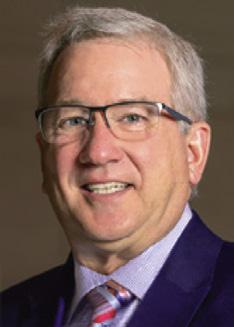
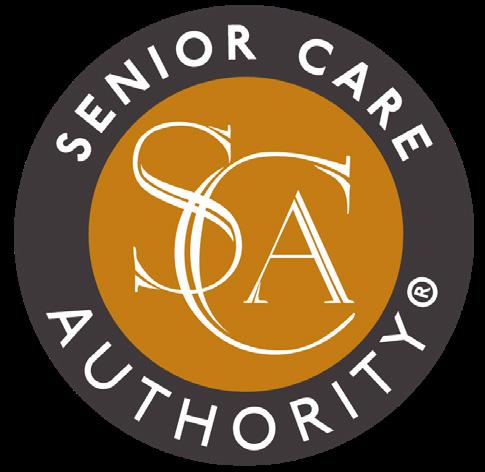
Beyond Driving with Dignity
A trained professional facilitates an in-home self-assessment to evaluate:
• Cognitive, physical & emotional abilities
• Driving safety & decisionmaking
What
Personalized, compassionate guidance
• Immediate feedback & recommendations given directly to the older driver
• Detailed follow-up report
Cost: $450
Ask about our Senior Living Placement Solutions where we work with your family to find appropriate senior living arrangements.
By Travis P. Nelson


THERE ARE MANY WORDS THAT BOTH SUPPORTERS AND DETRACTORS OF THE TRUMP ADMINISTRATION HAVE USED TO DESCRIBE THE TRUMP 2.0 PRESIDENCY. However, lackluster, inactive, and predictable are certainly not among those. During the first twenty-four hours after taking the oath of office, President Trump signed forty-eight executive orders, proclamations, and memoranda, impacting such a variety of areas as military, trade, energy, the federal workforce and immigration. The President has affected an immediate impact on the legal and business landscape in this country, not only through formal, discrete actions, such as executive orders, but also through the regime changes at the various executive branch agencies and regulatory authorities who go largely unseen by everyday Americans. For example, Federal Deposit Insurance Corporation Vice Chair Travis Hill (whose first name alone echoes class, charm, integrity, and wit) was named acting chair by President Trump on the afternoon of the inauguration. Mr. Hill’s predecessor, FDIC Chair Martin Gruenberg, resigned January 19th, leaving Hill at the helm of the agency pending either a formal nomination by President Trump or the confirmation of a successor. Similarly, Mark Uyeda, a Republican member of the Securities and Exchange Commission, has been named acting SEC Chair, pending confirmation of a permanent chair.
Beyond personnel changes, the Trump Administration is also affecting the legal and business landscape through layoffs at key regulatory agencies, and using newly ascended agency leaders (even those on an “acting” basis) to shift the focus and intensity of supervisory and enforcement priorities. For example, recent litigation involving the National Treasury Employees Union against the Administration revealed that the acting director of the Consumer Financial Protection Bureau (“CFPB”) had intended to terminate over a thousand employees. Reductions in force at federal regulatory agencies will have an inevitable effect on the focus of the agencies.
With all the regulatory reshuffling occurring in Washington, and in a manner that those on both sides of the political aisle agree is causing changes and even bewilderment among regulated companies and persons, clients are looking to counsel for advice on where to go from here. Some law firms are organizing highly formalized and structured response teams, such as those we saw during the Covid-19 global pandemic, to address the flurry of legislative and regulatory responses to the crisis. Some law firms are taking a more individualized, client-interactive approach.
Bucks County firms are reflective of this focused response to advising clients on how to react to the uncertainty created by the Trump Administration’s executive actions. Patricia Collins, a labor and employment partner at Antheil, Maslow

& MacMinn, LLP (“AMM”), notes: “At AMM, we are monitoring the new administration’s executive orders, and working to understand how they intersect with applicable law. We do not have a formal response team, but, as the Firm’s Employment Law Chair, I am working with our clients individually.” Ms. Collins said that this individualized strategy “helps us assist clients to process each day’s news, maintain a positive culture and employee morale, and ensure business continuity, especially for those with federal contracts.” Mike Torchia, partner at Semanoff, Ormsby, Greenberg & Torchia, LLC, also said that his clients “are understandably uncertain about the validity and scope of the multiple Presidential executive orders. In the area of labor and employment law, several of the executive orders reverse decades of established law and practice, most notably and publicly in the areas of Affirmative Action Plans and DEI.”
This uncertainty may tempt clients to wonder that some aspects of federal law, especially federal regulations promulgated by an agency that may now be understaffed and restrained by an administration that is opting for a change in direction, may be ignored, especially those that may have been promulgated based on key policies of the last administration. As tempting as such might be, clients should be cautioned that just because an agency is unlikely to enforce its regulations, the regulations are still in force.
An example of this compliance quandary is in the CFPB, the federal consumer financial watchdog, which was the brainchild of Sen. Elizabeth Warren (D-MA), and established in response to the subprime crisis of 2008. While press reports and court filings have suggested that Acting Director Russell Vought has instructed the CFPB to cease all supervision, investigations, and rulemaking activities, that does not necessarily halt the effectiveness of the CFPB’s rules. While pending regulations can simply die by inaction, i.e., the proposed rule never continued to a final rulemaking, final rules have the force of law and must be followed.
As for final rules, there are three methods by which a federal regulation can be disbanded after promulgation. First, under the Congressional Review Act, a joint resolution of Congress, signed by the President, can “disapprove” of a federal regulation, which means that it is “treated as though [it] had never taken effect.” Second, a federal regulatory agency can issue a new notice-and-comment rule that rescinds or modifies the rule at issue, however, that approach is subject to challenge as being “arbitrary” or “capricious.” Third, the effectiveness of a federal regulation be mooted through the lack of an agency that is willing to enforce the law.
Even if a particular regulatory agency is restrained from enforcing regulations that Congress or the President deem
This uncertainty may tempt clients to wonder that some aspects of federal law, especially federal regulations promulgated by an agency that may now be understaffed and restrained by an administration that is opting for a change in direction, may be ignored, especially those that may have been promulgated based on key policies of the last administration.
objectionable, that does not mean that regulated entities can simply ignore them. Many statutes and regulations have private rights of action that function independent of any actual or perceived appetite for regulatory enforcement. Moreover, some conduct that substantive regulations target, may also form the basis for private rights of action under state unfair or deceptive acts or practices laws, such as the Pennsylvania Consumer Protection Law. Some federal statutes also grant state attorneys general supplemental or “back-up” authority to enforce federal laws and regulations, regardless of the actions or inaction of their counterparts in Washington, D.C. Mr. Torchia of Semanoff Ormsby advises that “if there are legal challenges that have temporarily stayed a particular executive order, the employer has to discuss with their attorney a common sense approach to comply, but not necessarily make permanent changes they may regret.”
It is because of the continued applicability of federal laws, the threat of enforcement, either through federal and state regulators, or private plaintiffs, that practitioners from across the country and across Bucks County are encouraging their clients to foster and further a culture of compliance. Ms. Collins of AMM said that her firm’s strategy “remains, at all times, compliance with applicable law.” Mr. Torchia of Semanoff Ormsby echoes this view: “Employers need to understand that, regardless of their political views, the executive orders are deemed effective until something changes that.”
Without question Trump 2.0 has and will continue to reshape the legal and business landscape in this country. Practitioners must remain vigilant in monitoring the latest executive orders and actions that may impact, for better or for worse, the future success of their clients.
Travis P. Nelson is a partner in the Philadelphia, PA office of Polsinelli, P.C., and a Doylestown resident. Mr. Nelson is the Editor of the Writs


By Jessica A. Pritchard
THE MORNING OF FRIDAY, JANUARY 3, 2025, STARTED OUT AS ANY OTHER IN THE CHAMBERS OF THE HONORABLE STEPHEN A. CORR. He was in a particularly good mood as his Alma Mater, University of Notre Dame, was still in the hunt for a national college football championship. Their next opponent, Penn State, was finalized the night before. If they beat Penn State the following Thursday, they would move on to the championship game.
What Judge Corr did not realize was he was not the only person with an office in the Bucks County Justice Center excited about the upcoming game. Shortly after his arrival, a small Penn State magnet was placed on his courtroom door. When he got into his car in the secure judge’s parking garage that afternoon, a large Penn State football magnet was covering his Notre Dame license plate. At that point, he knew this was likely only the beginning. His suspect list began to grow. Later that evening he sent a text to some of them. It read, in part:
One of you (or maybe all of you) thinks the little PSU sign on my courtroom door is funny. I left it in place. I am sorry that you wasted $6.99 on the PSU magnet on my license plate which has been removed. You will all be joining the Irish bandwagon as we walk off the field victorious leaving the vanquished behind and marching on the road, paved in gold
to Atlanta….Enjoy the week ahead as Thursday you face the fighting Irish.
No one admitted to the taunts. It was game on.
On Monday morning, Judge Corr was greeted with a Penn State name plate placed over his name in the parking garage. His morning coffee mug was decorated with Penn State stickers.
On Tuesday morning, the remaining Christmas decoration, a small elf, was wearing a Penn State hat. Adorning the door to his chambers was a Penn State pennant. He thought perhaps his assistant, Dawn, might even be “in” on this harassment.
The onslaught continued. On Wednesday morning, his young tip staff opened the court session with the well-known Penn State “We Are” chant. Shortly thereafter, a young man arrived in the Judge’s courtroom outfitted in a real Penn State football uniform, pads and all. When the young man gave a shout of “We Are,” Judge Corr jokingly replied, “just leaving.” Just as jokingly, there may have been threats of imprisonment.
Finally, the day of the game. The pranksters had gotten all the way into his inner sanctum. There, in his chambers,
he found his table covered in a Penn State table cloth, a Penn State t-shirt and a cake with “We Are Penn State” written on the top.
Ever good natured, Judge Corr took the ribbing in stride. He wasn’t shocked the majority of the Bucks County, Pennsylvania court employees were cheering for Penn State. A lot of people go to school there after they are rejected from Notre Dame.
He got his revenge. That night the Fighting Irish of Notre Dame beat the Penn State Nittany Lions 27 – 24 to advance.
When the other judges arrived the next morning, they were greeted with printouts of the score over their parking spots and pictures of the Fighting Irish mascot taped to the elevators. As they stepped out on to the sixth floor, the Notre Dame fight song was playing and a distinguished jurist wearing a green top hat and Notre Dame shirt was smiling.
Jessica A. Pritchard is a partner at Antheil, Maslow & MacMinn, LLP, in Doylestown, PA, where she practices family law, and former President of the Bucks County Bar Association.

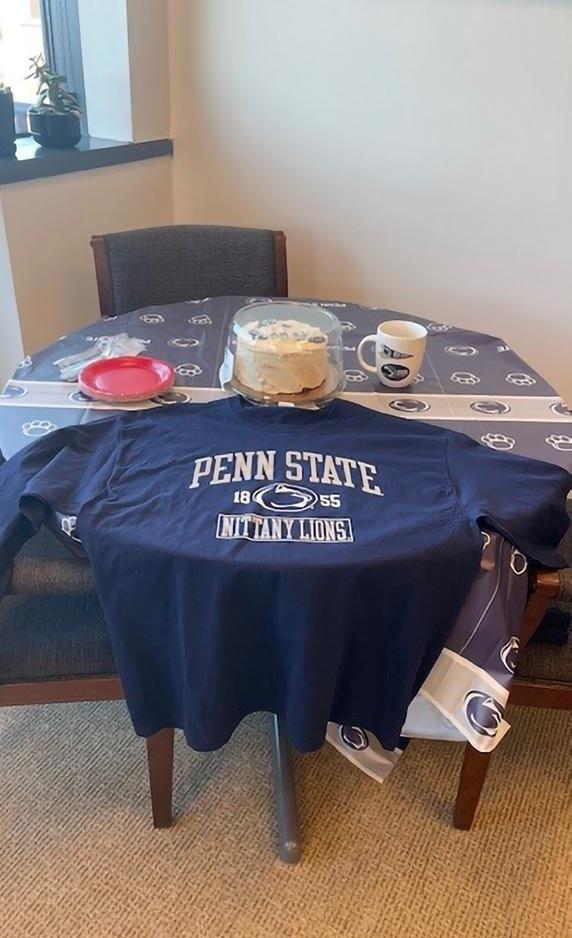
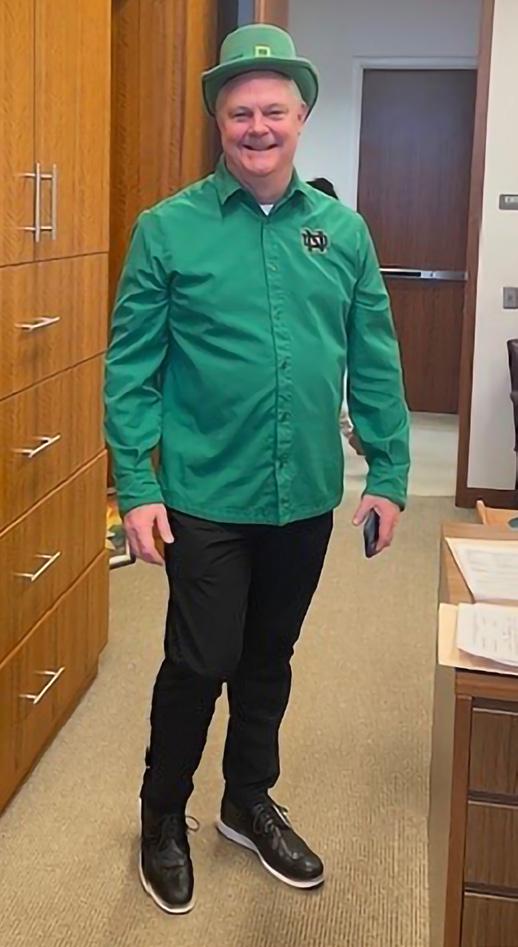


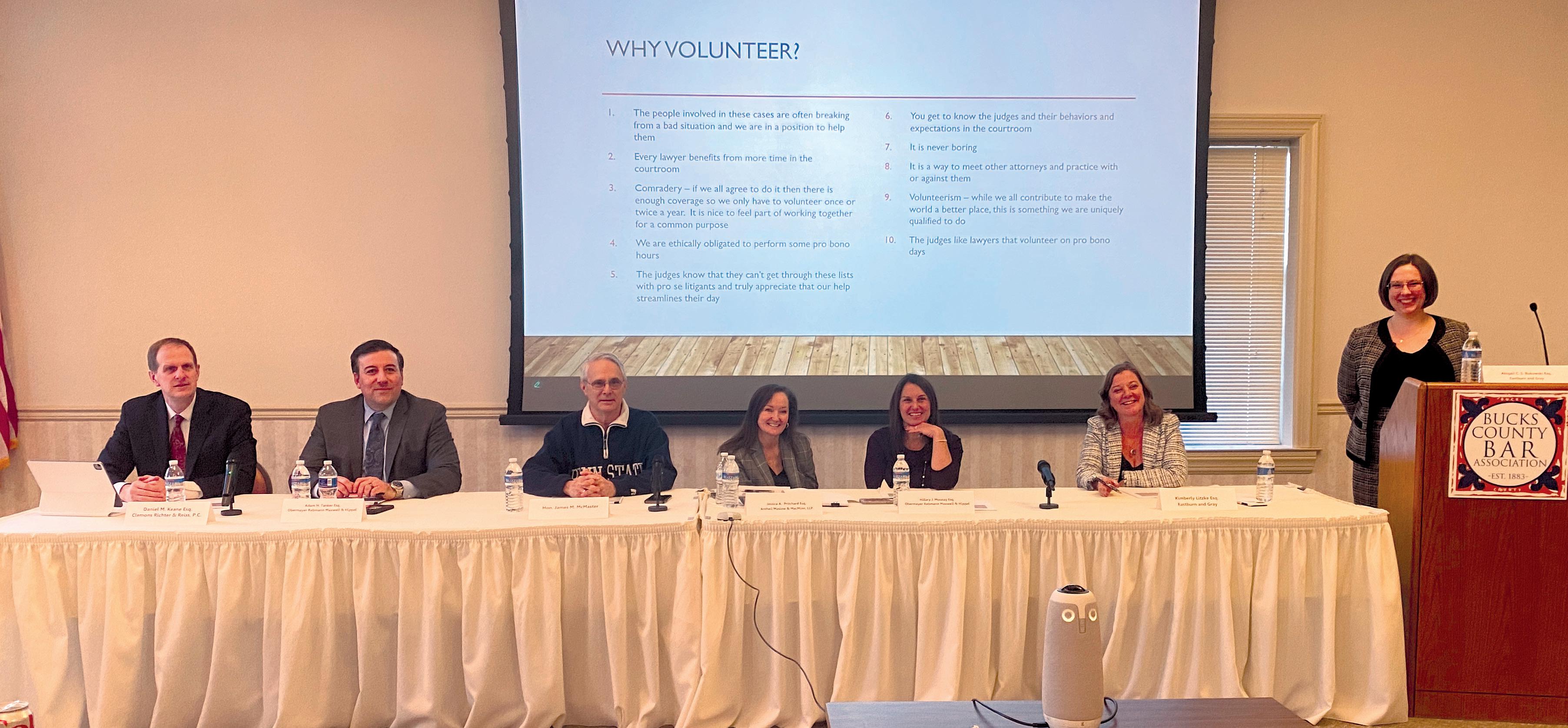
By Marion Hoffman Fraley and Erika Becker
Every Wednesday, pro bono volunteers are needed to represent plaintiffs and defendants in Protection from Abuse (PFA) cases in Doylestown. This longstanding program, unique in Pennsylvania, ensures that both parties receive legal representation.
The “facilitators” are a group of experienced family law attorneys who attend PFA court each week to ensure that the proceedings run smoothly and help volunteer attorneys navigate the process. Kimberly Litzke, Hillary Moonay, Jessica Pritchard, Daniel Keane and Adam Tanker joined Judge James McMaster for a CLE on Jan. 9, 2025 to share their insights about how to be an effective and efficient advocate in PFA court. Abigail Bukowski, Young Lawyers Division Chair, moderated the discussion.
The group described the supports that have been put in place for pro bono volunteers and stressed that all attorneys are welcome—not just family lawyers!
“I can’t say enough about how appreciative the court is of the volunteers,” Judge McMaster said.
Litzke noted, “All of the judges who sit in PFA court are very aware this list is not doable without the volunteers and without us moving this through efficiently. So it’s sincere when they say they appreciate it.”
Ahead of the panel presentation, Bucks County Prothonotary Coleen Christian highlighted a 135% increase in PFA filings
from 2014 to 2024, with 1,129 cases in 2024. “That means there were 650 more PFAs filed in 2024 than 10 years prior,” Christian said. Bucks County also saw an increase of 286 filings over 2023, she said.
Judge McMaster noted that the number of filings is greater than the number of hearings. “There are a lot of reasons why cases are continued, sometimes multiple times,” he said.
Litzke said that the average number of PFA hearings scheduled each week is now 45-55, up from about 20 per week when she first began. Many cases can be resolved without the need for a hearing, but the volume of cases on the list has grown.
SHOULD I VOLUNTEER FOR PLAINTIFF OR DEFENSE?
The facilitators work alongside staff from Legal Aid of Southeastern PA (LASP), who recruit pro bono volunteers to assist plaintiffs, and the Bucks County Bar Association (BCBA) staff, who recruit pro bono volunteers to represent defendants.
Attorneys for plaintiffs receive the cases in advance. Because of this, Litzke suggested that new participants might want to volunteer for plaintiffs to have time to prepare. Hillary Moonay noted that this allows time for volunteers to run conflict checks with their firms.
Dan Keane outlined the process for defense attorney volunteers. Volunteers for defense do not receive cases in

Panelists for the BCBA Protection from Abuse (PFA) facilitators CLE Jan. 9, 2025 (from left): Daniel Keane, Shareholder, Clemons Richter & Reiss, P.C.; Adam Tanker, Partner, Obermayer Rebmann Maxwell & Hippel; Hon. James McMaster, administrative judge for the family division; Jessica Pritchard, family law attorney, Antheil Maslow & MacMinn, LLP; Hillary Moonay, Partner, Obermayer Rebmann Maxwell & Hippel; Kimberly Litzke, family law attorney, Eastburn and Gray, PC; and Abigail Bukowski of Eastburn and Gray, CLE moderator and Chair of the BCBA Young Lawyers Division.
advance. Instead, they receive a packet at court with the petition and the temporary order if one was entered. Attorneys also receive information about whether the defendants have been served and if they are present in court. Keane recommended that volunteer attorneys arrive early enough to talk with clients and opposing counsel before the call of the list in court. He brings a copy of the PFA act with him.
Adam Tanker noted that volunteering for defense is a good option for attorneys who want to get cross examination experience.
Whether volunteering for plaintiff or defense, new

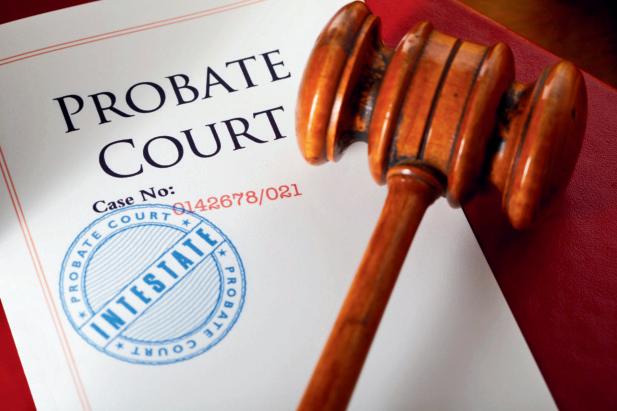



volunteers can shadow experienced attorneys before taking cases of their own. LASP invites volunteers for plaintiffs to meet at their office in Doylestown ahead of time and offers training materials on its website.
Litzke said that attorneys should plan to arrive at 8:30 a.m. and work with a facilitator. Early arrival helps ensure the day runs smoothly. However, volunteers should not be discouraged by the start time. The facilitators will work with your schedule.
Volunteers can earn 1 CLE credit for 5 hours of pro bono service, for up to 3 credits per year.
Volunteers for plaintiffs can contact Durene McCarty at Legal Aid of Southeastern PA: dmccarty@lasp.org or dmccarty@lasp.org or 215-398-6757.
Volunteers for defense can contact Charlene Prosser at the Bucks County Bar Association: cprosser@bucksbar.org or 215-348-9413, ext. 100.
Marion Hoffman Fraley is the Communications Director, and Erika Becker is the Pro Bono Director, of Legal Aid of Southeastern PA.




During the 2024 Annual Meeting of the Bucks County Bar Association (“BCBA”), the Association took time to recognize certain members of the Association and of the broader community who have given significantly of their time and talents for the betterment of the Bar Association and Bucks County Community.
The Mark E. Goldberg Award is presented to a member of the Bucks County Bar Association, including honorary members, demonstrating a continuing commitment to community service outside the legal profession. The eligible candidate shall perpetuate personal relationships established with leaders of the religious, academic, recreational and charitable segments of the Bucks County community by: (1) proven legal competence; (2) honor; (3) trust; (4) service; and (5) respect for the rule of law and the administration of justice.
The recipient of the Mark E. Goldberg Award for 2024 was John Cordisco, of Cordisco & Saile, LLC.
The purpose of the William H. Eastburn, III Award is to recognize the person or entity who has made significant contributions to the Bucks County system of justice. The qualities of the recipient(s), who shall not be a member of the Bucks County Bar Association, shall be to: (1) promote better understanding of our system of justice; (2) encourage greater respect for law and the courts; (3) stimulate a deeper sense of individual responsibility so that citizens recognize their duties as well as their rights; (4) contribute to the effective functioning of our institutions of government; and (5) foster a better understanding and appreciation of the rule of law.
The recipient of the William H. Eastburn, III Award for 2024 was Coleen Christian, the Prothonotary of Bucks County.
The purpose of the Arthur B. Walsh, Jr. Pro Bono Publico Award is to recognize the BCBA member who has made significant contributions to the Bucks County system of justice in the form of Pro Bono service. One award is given annually to a member of the Bucks County Bar Association, who by their actions and example have made “Equal Justice Under Law” a meaningful ideal for our legal society. The qualities of the recipient(s) shall be to: (1) demonstrate selfless service to the members of the community of limited means; (2) demonstrate selfless service to charitable, religious, civic, community, governmental and educational organizations in matters which are designed primarily to address the needs of persons of limited means; and (3) enhance the human dignity of others by improving or delivering volunteer legal services to our nation’s poor and disadvantaged.
The recipient of the Arthur B. Walsh, Jr. Pro Bono Publico Award for 2024 is Jennifer Pierce, former Pro Bono Director at Legal Aid of Southeastern Pennsylvania.
This award is named after Harriet Mims, who was the first female judge in Bucks County and one of the first women admitted to the Bucks County Bar. The award is presented annually to a female attorney who exhibits the characteristics of strength, leadership and integrity who also has served as a mentor to young lawyers.
The recipient of the Harriet Mims Award for 2024 was Mindy Snyder, of Curtin & Heefner, LLP.
The Bucks County Bar Foundation Award was established in 2019 as part of the 15th Anniversary of the Foundation and is presented to honor a Foundation supporter, who throughout his or her career has provided extraordinary service, including through support of the Bucks County Bar Foundation, to the mission of accomplishing access to justice for all. The recipient may be a member of the BCBA or a member of the community.
The Bucks County Bar Foundation Award for 2024 was Elizabeth “Liz” Fritsch, former Executive Director of Legal Aid of Southeastern Pennsylvania.
The President’s Award is given annually, at the personal discretion of the BCBA President, in recognition of the recipient’s dedication and service, which has helped make the BCBA as successful as it is today.
The recipients of the President’s award for 2024 were Elaine T. Yandrisevits, a partner at Antheil, Maslow & MacMinn, LLP, and Travis P. Nelson, a partner at Polsinelli, P.C.

By Sarah A. Steers
If you’re reading this, at some point in the not-so-distant future, I need you to know: I just had the best Saturday I’ve had in a long time. The kind of afternoon you savor for weeks, thinking back on it during moments of stress and frustration.
Your interest piqued, you wonder, “Did she win a scratch-off lottery ticket and pay off her mortgage?” Well, no. “Did her husband surprise her with tickets to Paris for their anniversary?” Ummm, again, no. At this point, you begin to throw out the banal. “Did she at least get a massage?” NO!
I am, apparently, a woman of simple pleasures. My in-laws came to town. My husband took the kid and the in-laws to a playground and then out to lunch. And I had the house to myself. That’s it. That’s the whole story. That’s all I needed to recharge my batteries. I watched a violent action movie with cussin’ and killin’. I paid my bills and found a little extra and gleefully transferred it to my high-yield savings account. I went to the library. (Salacious, I know.) I watched a cheesy (and very poorly acted) Netflix romance movie and daydreamed about taking a vacation. I hugged my little dog. That’s it. That’s the whole “best day of my life.”
At some point near the end of the tragically bad romance movie, the chaos returned home. I ate a room-temperature slice of pizza that had been sitting in the back of my husband’s car. The small child begged to set up his Hot Wheels race car track in the middle of the dining room (ordinarily verboten) and in my blissed out haze, I consented—small metal cars whizzing around my feet and agitating the aforementioned little dog.
And when I laid my head down on the pillow that evening, I realized that’s all I really need to feel like a person again, instead of some overwhelmed Mom-Spouse-Lawyer-Monster hybrid. Some rest. Some relaxation. A small amount of practical thinking followed by time to nurse my rich inner life. A small fuzzy dog. Wrap that up in a bow and I’m utterly content.
And really, isn’t that all we need? It’s very easy to be manipulated into thinking acquisition is a balm for our weary soul. That something fancy will cure all ills. Goodness knows, fluorescent messages of consumption bombard us at every turn. (And the stress of our chosen profession doesn’t help. I will openly admit to buying silly toys during occasional fits of “I work so hard! Don’t I deserve to enjoy the fruits of my labor!”)
But deep down, perhaps what we need more than a gadget or gizmo or bragging rights is just some rest. A few moments of meditation and deep breathing and clarity. I’ve got to admit, since that Saturday, I feel like I have a new lease on life. Maybe all those Hot Wheels cars become a permanent fixture of the dining room—a visceral (and slippery) reminder to calm down, and find joy in one perfectly boring afternoon.
Sarah A. Steers is an attorney with Clarke Gallagher Barbiero Amuso & Glassman Law.

“You would be a perfect match.”
That is what someone said to me about Judith Algeo in the summer of 1998. I was a young lawyer and pregnant with my first child. I was not sure if I would continue working full time, or go to some type of part-time status while I raised children. Judith Algeo had been a therapist for twenty years and had just started her own law practice. She changed the sign on her office on Ashland Street, across from the train station in Doylestown, from a “therapist” office to a “law” office. Whoever it was who introduced the two of us thinking we might be that perfect match, deserves all the credit right now because it was truly, perfect.
By Kimberly Litzke
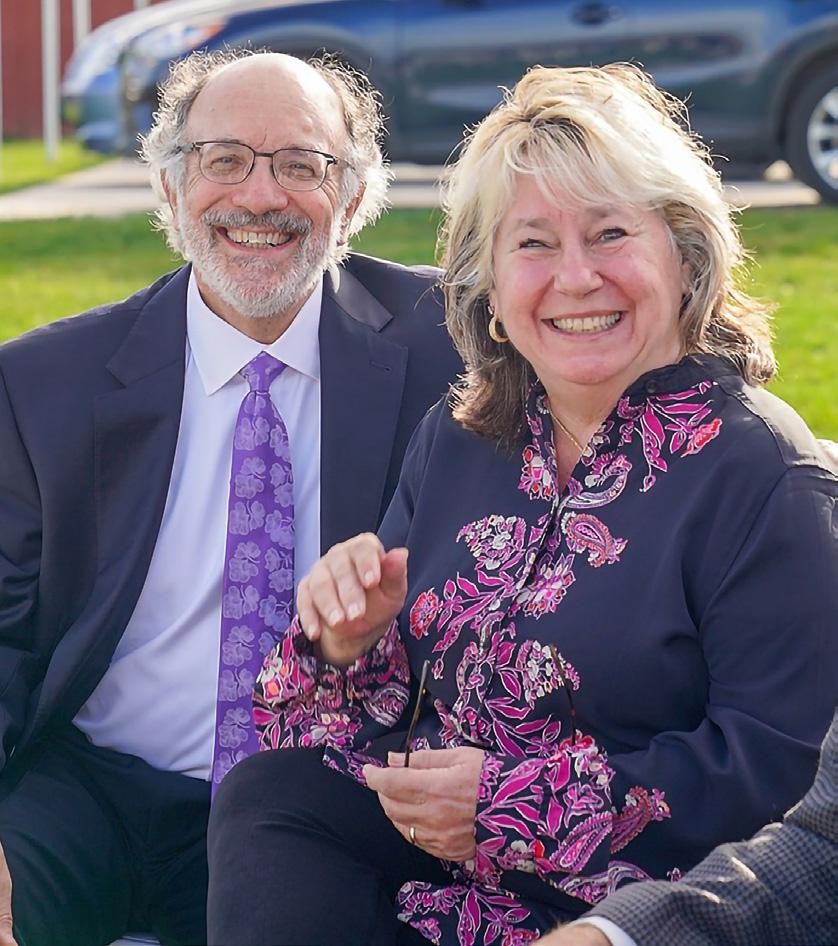
I am a better attorney and a better person for having known Judith.
On January 1, 1999 the law firm of Algeo and Litzke was open for business. Judith and I had approximately fifteen years in age difference. As a result, she taught me how to be an adult and I taught her what I had learned in five years about being a lawyer. Some of those early learning experiences were: you cannot sit on the same side of the desk with the client (me to her); you cannot assume everyone will treat you fairly (her to me); you cannot let our clients pay you in curtains (me to her); you are crying a lot, let’s assume it’s hormones (her to me). We figured out how to run a law firm and build a friendship over the next two years.
In 2002 Judith was being approached by many people to advance the political side of her life, a side she was truly passionate about. She had been a Township Supervisor for years and with the confidence-boosting nudges of others, she started considering bigger political aspirations. It was at that point we decided that Algeo and Litzke could not survive if Algeo left and we joined Eastburn & Gray. Luckily, Judith kept her focus and energies on the law and we worked side-by-side at Eastburn & Gray for over a decade.
Although Judith left Eastburn & Gray to join Penglase and Benson, then High Schwartz, the relationship I had with Judith was one of the most formative and impactful relationships of my life. The foundation of our bond was forged by playing to each other’s strengths. While we were practicing law together, she helped me approach custody cases holistically; I helped her with math. We laughed together every day. We were friends outside of work. Judith and her husband Frank were the only two people not related to my family who I let my children call “aunt” and “uncle.” Having Judith in my life meant I could sit down and drop all of the heavy thoughts and feelings I was having at her feet and always felt better having done so. I am a better attorney and a better person for having known Judith.
Although we practiced divorce law, similarly Judith also followed her heart in devoting a part of her practice toward advocating for children in Dependency Court. She was instrumental in shaping the way Bucks County protected children.
Even after Judith and I stopped working together in the same office she kept popping up in my life when I needed her. I continued to watch her be the example of kindness to others, both in the way she practiced law and the way she took young people under her wing. She announced her retirement in December 2023 and in a very unfair twist of fate she received a diagnosis of cancer that same month. She believed it just postponed her retirement plans, even joking that “had I known retirement would be this much fun, I would have kept working.” Every time I spoke with her this past year, she made me laugh. I was looking forward to many more years of her teaching me how to live life after the stress of our chosen career. We lost Judith in the beginning of 2025. There are no words for how
awful and unfair it is that we all will no longer have Judith in our lives.

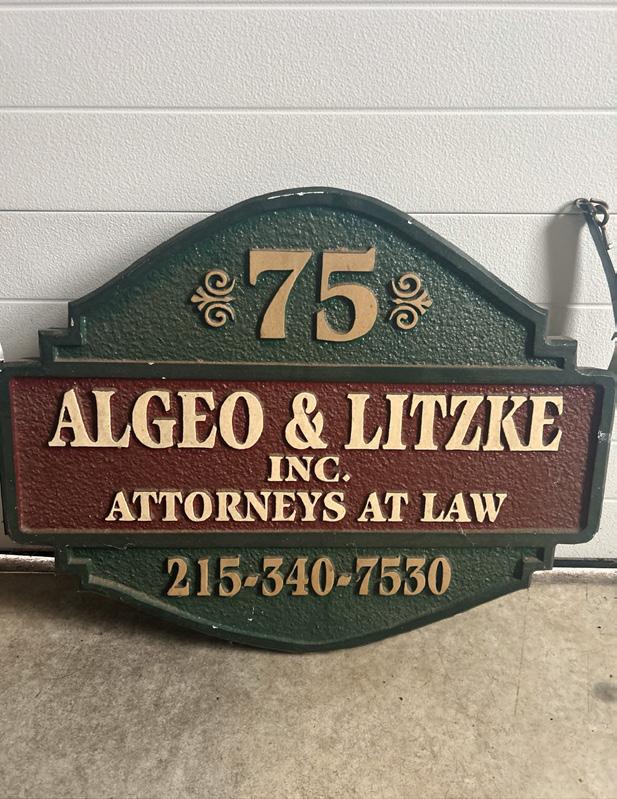
This is my personal experience with Judith. I’m glad I am able to put it in writing because I’m a crier and I could never say all this out loud. I know there are so many people who called Judith “friend” and feel the loss deeply.
In fact, because so many of us were moved by the loss of our friend and colleague we wanted to do something. What could we do that was fitting of someone who did so much in such a relatively short period of time? The Bucks County Bar Foundation took the lead and gathered a large group of us, including her husband, Frank, to form a committee. The result of this collaboration of the committee was the creation of the Judith Algeo Memorial Endowment Fund. The mission statement of the Endowment Funds reads:
To honor the memory of our colleague and friend, the Bucks County Bar Foundation, in partnership with the Bucks County Bar Association, has created the Judith Algeo Memorial Endowment Fund to honor her legacy and commitment to serve those unable to access justice in Bucks County. This fund will advance Judith’s work as a staunch advocate and her service in Dependency and Family Court in Bucks County. Continuing Judith’s commitment to using the law for good, the Judith Algeo Memorial Endowment Fund will support legal services for children and families in order to promote healing, well-being and justice.
If you are so moved by the contribution that Judith made in all of our lives, I would encourage you to help us to honor her by creating a lasting legacy of access to justice for Bucks County’s children and families. You can visit buckscountybarfoundation.salsalabs.org/ judithalgeomemorialendowmentfund, or use the QR Code.
I will miss my friend dearly, but I take a great deal of solace believing I am better for having known her.
Kimberly Litzke is a partner at Eastburn & Gray, PC, in Doylestown, PA, where she practices family law.

The Bucks County Mediation and Arbitration Center (BCMAC) is owned and operated by Barbara N. Lyons, Esq. She is certified, skilled and experienced in neutral arbitration, mediation and case evaluation. Attorneys work closely with Barbara from initial contact to the conclusion of their case.
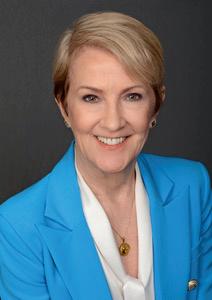
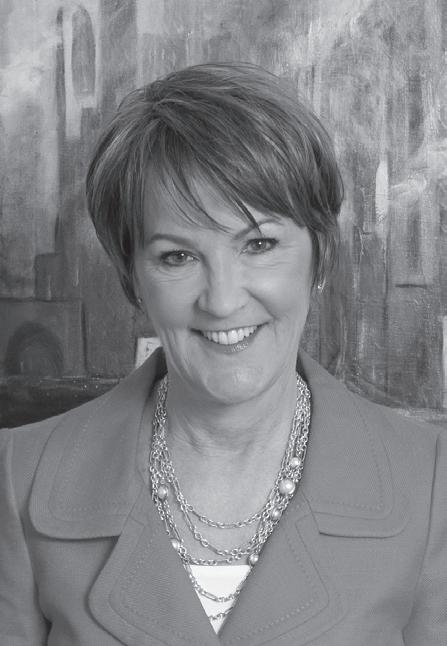
BCMAC is a full-service ADR provider addressing issues involving, but not limited to:
•Contract and real estate disputes
BCMAC is a full-service ADR provider addressing issues involving:
•Medical malpractice
•Equity matters
• Personal injury premises and product liability
•Employer/employee disputes
•Underinsured and uninsured motorist cases
• Commercial and insurance matters
•Business mergers and dissolutions
• Real estate and equity disputes
•Personal injury
•Municipal matters
BCMAC provides cost-effective and real-world solutions for attorneys and their clients, business and industry professionals.
BCMAC provides cost-effective and real-world solutions to attorneys, consumers, business and industry professionals, employees, employers and government agencies.
Bucks County Mediation and Arbitration Center
The Farm, 220 Farm Lane, Doylestown, PA 18901
For more information call (215) 340-7655 or visit www.bcmac.org.
Bucks County Mediation and Arbitration Center
The Farm, 220 Farm Lane, Doylestown, PA 18901
For more information call (215) 340-7655 or visit www.bcmac.org.
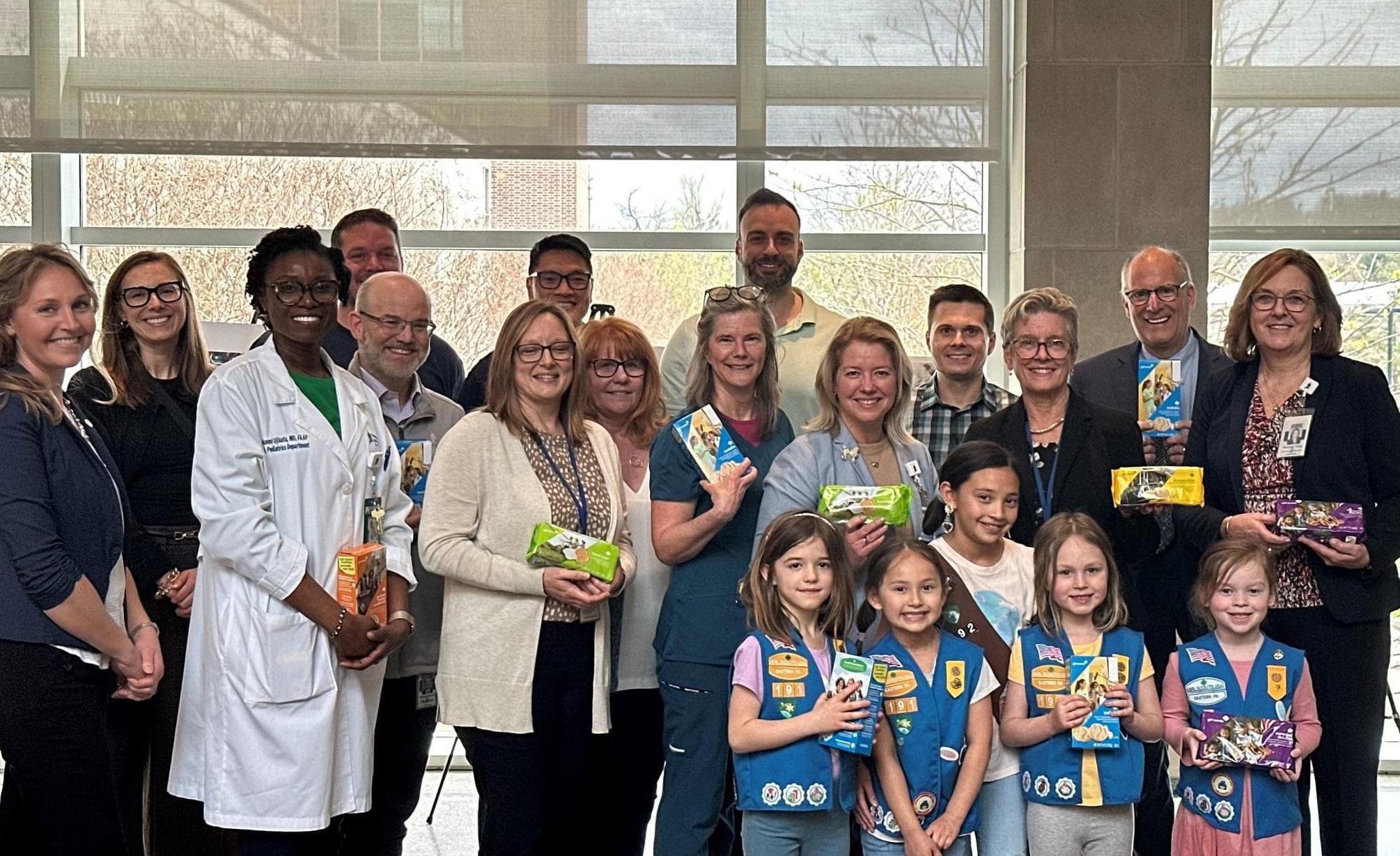

MADJ Marketing:
In today’s fast-paced digital world, businesses need more than just a great product or service—they need a powerful story, a strategic approach, and an unwavering connection to their audience. That’s where MADJ Marketing comes in. A fully remote agency with team members spread across the United States, MADJ Marketing has built a strong presence in Pennsylvania, helping businesses thrive while giving back to the community in meaningful ways


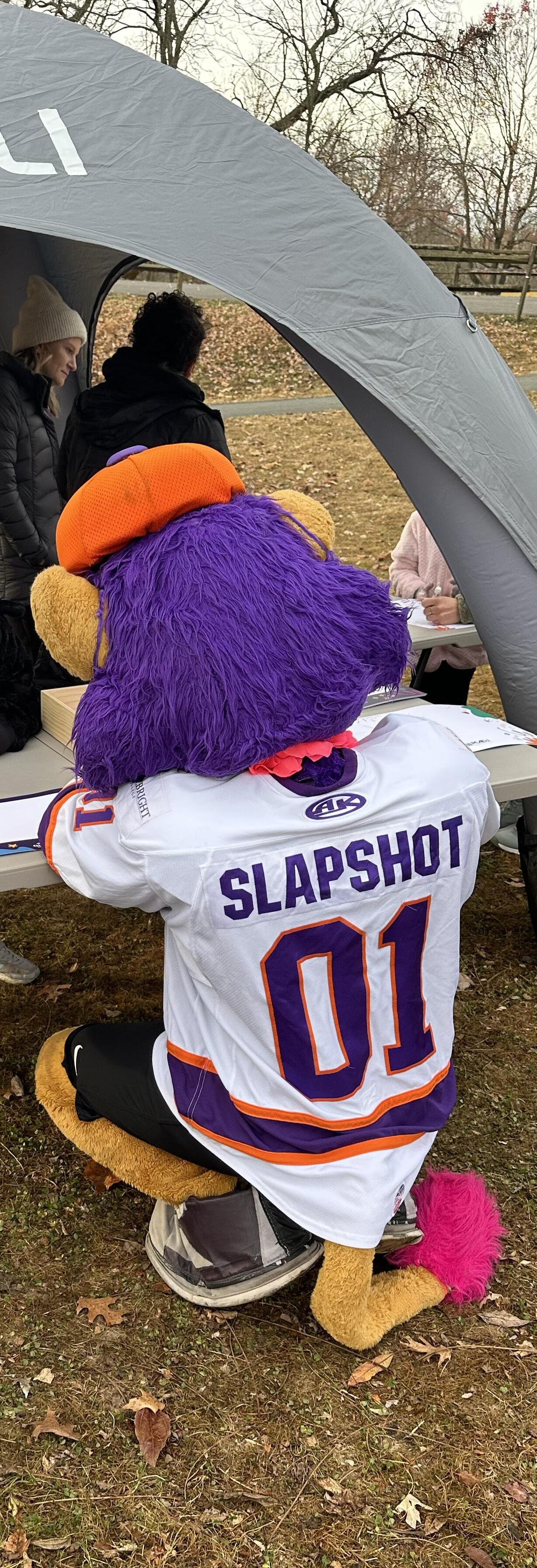
At its core, MADJ Marketing is more than just a marketing agency; it’s a team of creative minds dedicated to driving results. Specializing in branding, digital marketing, content creation, and strategic planning, MADJ partners with businesses to craft compelling campaigns that resonate with their audiences. For the past seven years, MADJ has played a crucial role in shaping the recruitment marketing and communication strategies of Berks County’s largest health system. From digital advertising and social media management to employer branding initiatives, the agency has helped attract top talent and position the health system as a leading employer in the region.
But what sets MADJ apart is not just its expertise—it’s the relationships it builds. The agency takes the time to understand each client’s unique challenges and goals, tailoring strategies that align with their vision. This personalized approach has made MADJ a trusted partner for businesses across various industries.
Beyond its marketing success, MADJ Marketing is deeply committed to making a difference in Berks County. The agency believes that strong communities are built on support, engagement, and meaningful connections, which is why giving back is at the heart of its mission.
One of MADJ’s most significant contributions is serving as the presenting partner of the Girls on the Run 5K, an empowering event that encourages young girls to embrace their strengths, build confidence, and develop healthy habits. By supporting this initiative, MADJ helps foster a culture of empowerment, inspiring the next generation to dream big and achieve their goals.
Additionally, MADJ’s longstanding partnership with Berks County’s largest health system is more than just business— it’s about improving the well-being of the community. Through carefully crafted recruitment marketing efforts, MADJ ensures that the health system continues to attract highly-skilled professionals who
are dedicated to providing top-quality healthcare to residents.
This commitment to community health extends beyond recruitment—MADJ also supports initiatives that directly impact patients and their families. One such initiative is MADJ’s partnership with Girl Scouts Troop 191, which aligns with the agency’s dedication to supporting the health system’s mission. By helping the troop donate over 100 boxes of cookies to patients at the McGlinn Cancer Institute at Reading Hospital, MADJ plays a role in brightening the days of those undergoing treatment. This act of kindness reinforces the agency’s broader goal: connecting people, businesses, and communities through thoughtful, impactful efforts that make a real difference.
MADJ also proudly supports both the Governor Mifflin PTO and their annual projects as well as the School’s Ultimate Play Day, an event that promotes active play and healthy lifestyles for children and families in the community.
As Berks County continues to evolve, businesses and organizations need a marketing partner that understands the local landscape while bringing a fresh, innovative perspective. MADJ Marketing embodies this balance, blending strategic expertise with a passion for community engagement. Whether helping a healthcare provider attract top talent, assisting local businesses in growing their brand, or championing initiatives that inspire the next generation, MADJ is committed to making an impact in Berks County and beyond.
For businesses looking to elevate their marketing efforts while partnering with an agency that truly cares, MADJ Marketing is the answer. With a track record of success, a dedication to storytelling, and a heart for the community, MADJ is more than just a marketing agency—it’s a driving force for positive change in Berks County.
To learn more about MADJ Marketing and how they can help your business grow, visit madjmarketing.com or email success@madjmarketing.com for a consultation.

As part of the Writs’ continuing mission to introduce new members to the Bucks County Bar Association, we will feature a regular column on a new member. This edition’s profile is on Emily Erwin.
The Writs: Tell us about yourself.
I am currently in my second year with the New Jersey Attorney General’s Honors Program, where I work within the Statewide Affirmative Firearms Enforcement (SAFE) Office. Prior to joining the Honors Program, I clerked in the New Jersey Superior Court, which allowed me to observe some of the region’s top trial attorneys, and strengthened my research and writing skills. Before the clerkship I graduated from Temple University’s Beasley School of Law, where I developed a passion for justice and civil service. As a Law & Public Policy Scholar, I focused on ghost gun regulations, which further solidified my commitment to the intersection of law, policy, and public safety.
The Writs: If you are not from Bucks County, what about the area made you interested?
Though I am originally from Montgomery County, I have always been close to Bucks County. Growing up, I would frequently attend swim meets here and have lunch with my sister-in-law in Doylestown. My career has brought me even closer. My first job out of college was assisting a solo practitioner in Bucks County and Montgomery County, and she has been one of my greatest supports through law school and beyond. Clerking in Hunterdon County introduced me to even more Bucks-based practitioners. Now, working in Trenton, I am fortunate to enjoy the stunning view of the Delaware River and Bucks County, and it sparked my interest in learning more about the area and the people who call it home.
The Writs: What made you want to become an attorney? Who were your role models or inspirations and why?
Growing up near Philadelphia, I was naturally inspired by the great legal minds that founded the country! I also tend to gravitate towards TV shows like The Wire, Law & Order, and Band of Brothers, all of which explore themes of moral decision-making and duty, sparking my curiosity in law school. But it was my experience as a records and mail room clerk in the Eastern District of Pennsylvania that ultimately pushed me toward law school. The Assistant
United States Attorneys and Federal Public Defenders I worked with treated me with the utmost respect, and I saw firsthand that these lawyers genuinely loved their work. Their dedication and kindness made me aspire to follow in their footsteps as a lawyer and public servant.
The Writs: Describe a day in the life of your practice. My day typically begins with the gorgeous view of Bucks County and the Delaware River. From there, I dive into case files and draft documents or conduct legal research. I am lucky because I get to think creatively about novel legal issues almost every day.
The Writs: What was the most interesting case/ matters that you have worked on in your career?
Working at SAFE has given me the opportunity to engage with a wide variety of fascinating cases, but two cases stand out in particular: SAFE’s twin inaugural civil enforcement cases. These historic cases, filed on the same day, marked a significant milestone for the office and for me personally. Since then, I have been able to continue to support SAFE’s efforts, securing key motion wins, and contributing to investigations.
The Writs: What made you want to go into your field of practice, and where do you see yourself in five years?
I was drawn toward affirmative civil enforcement because it offers the perfect blend of civil practice’s problem-solving focus with the dynamic, high-stakes cases that are often found in criminal matters. In five years, I see myself taking on more complex cases and contributing to the professional development of the next generation of lawyers.
The Writs: What is your favorite fictional character from the legal profession? What is your favorite movie that portrays the legal profession?
I always loved Elle Woods from Legally Blonde because she breaks the mold of the traditional lawyer, proving tenacity and intelligence come in many forms. As for a movie, I love My Cousin Vinny because it is hilarious and surprisingly accurate, and highlights the importance of fighting for justice even when facing an uphill battle.
The Writs: What has been your favorite place to travel to and why?
My favorite place to travel has been Wales. The natural beauty is breathtaking. It also has a unique combination of
Roman ruins combined with Arthurian legends which add an extra layer of mystic to the experience.
The Writs: What advice would you give a law student to help prepare for a career in Bucks County, and specifically in your area of practice?
I would advise a law student to focus on honing their research and analytical skills. These are necessary no matter what area of law you choose. Beyond that, I encourage law students to engage with the legal issues that truly interest them. Start thinking about innovative approaches to those issues, because the law evolves, and your perspective can drive meaningful change.

The Writs: What do you do when not practicing law?
Outside of work, my dog and I enjoy the many walking paths within the Delaware Valley, such as the trails in Washington Crossing Historic Park. I made a New Year’s resolution to read more and run once a week. So far, I am sticking to it, though, as a former swimmer, the transition to “land sports” has been difficult.
The Writs: What is your favorite bar or restaurant in Bucks County?
My go-to in Bucks County is De Lorenzo’s in Yardley; the atmosphere is lovely and the tomato pies are irresistible!

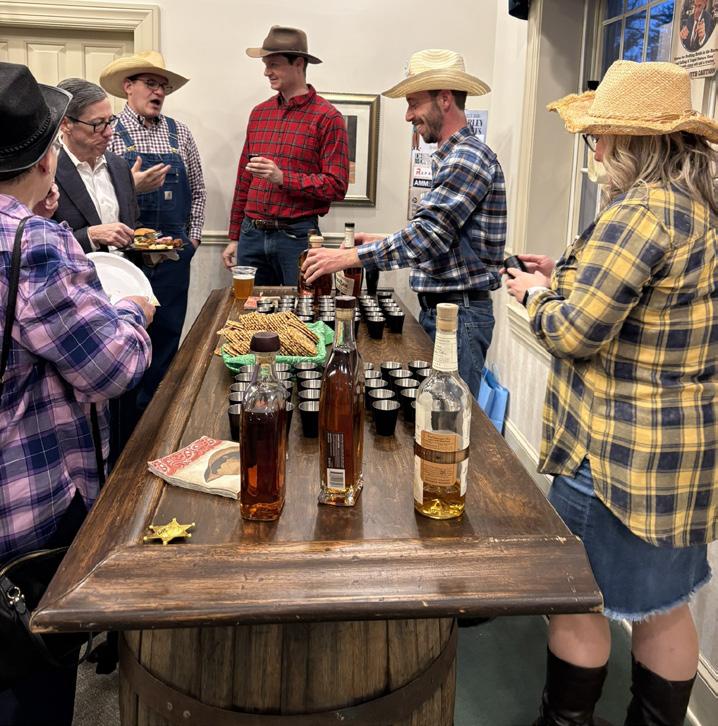
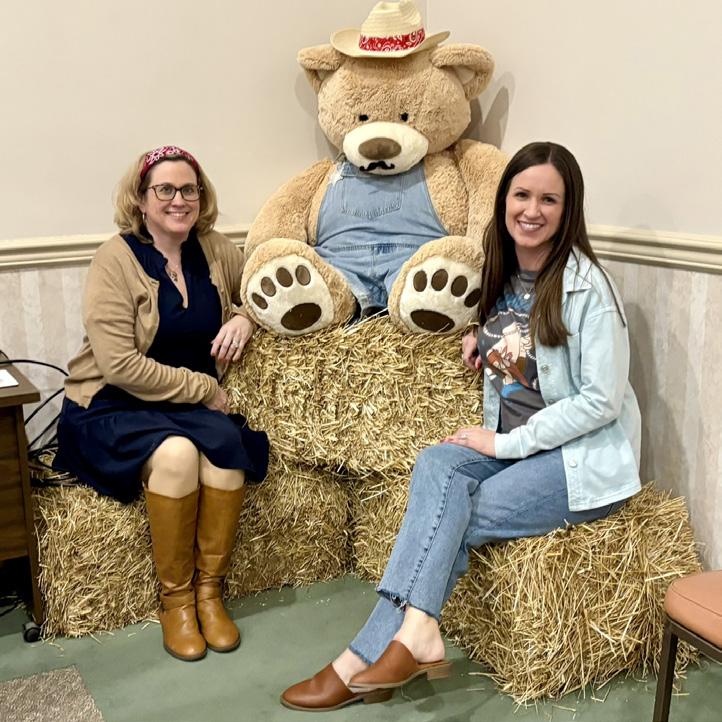
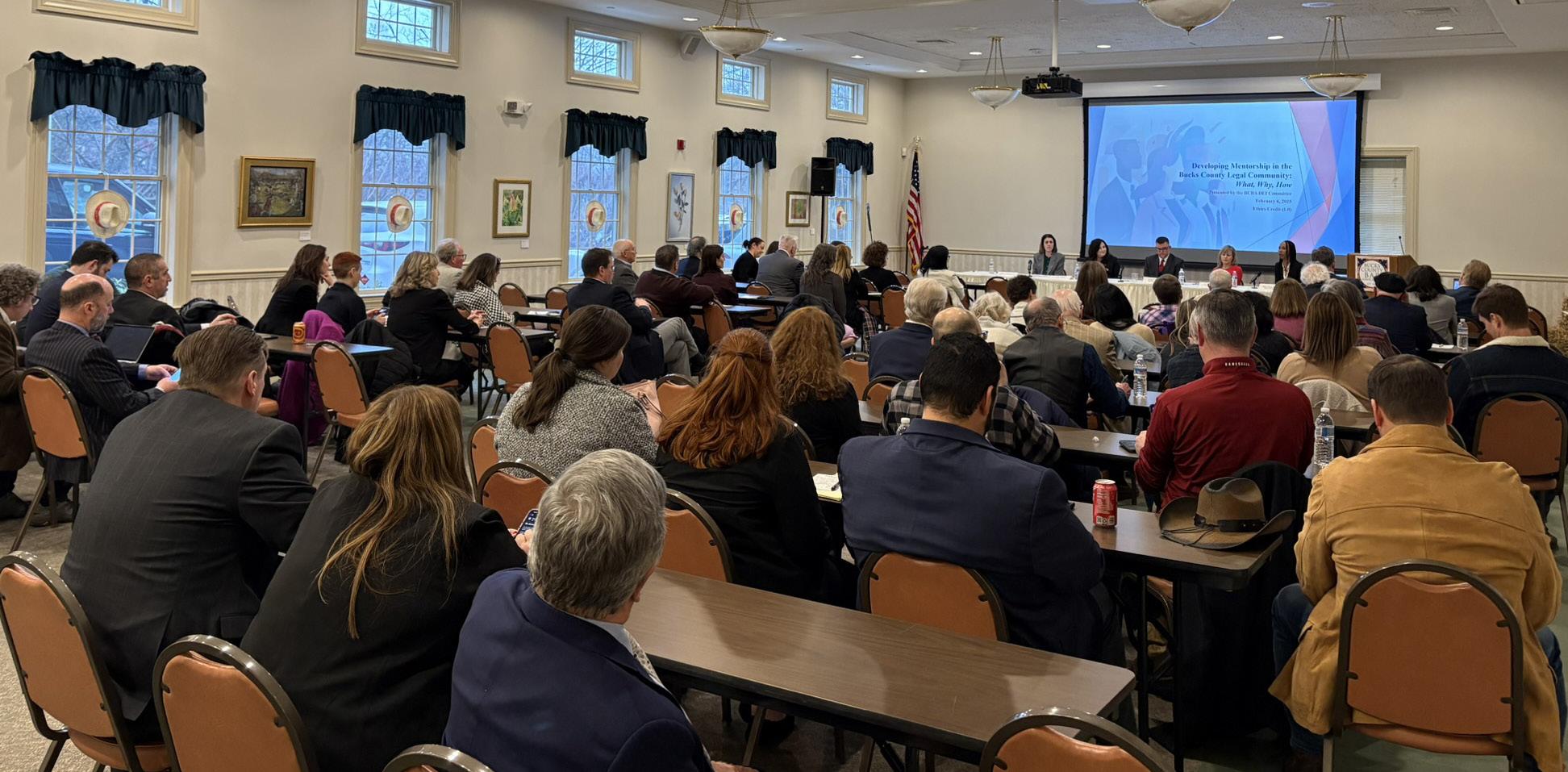
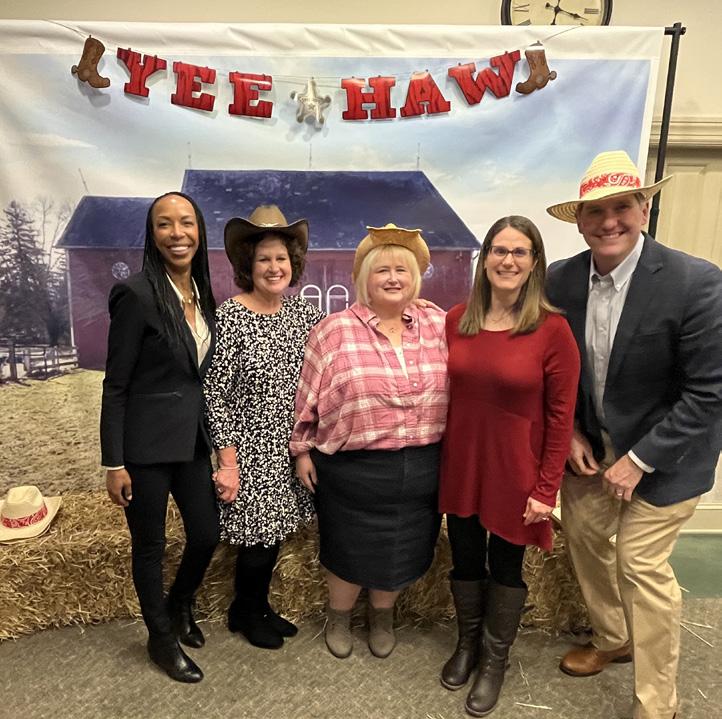
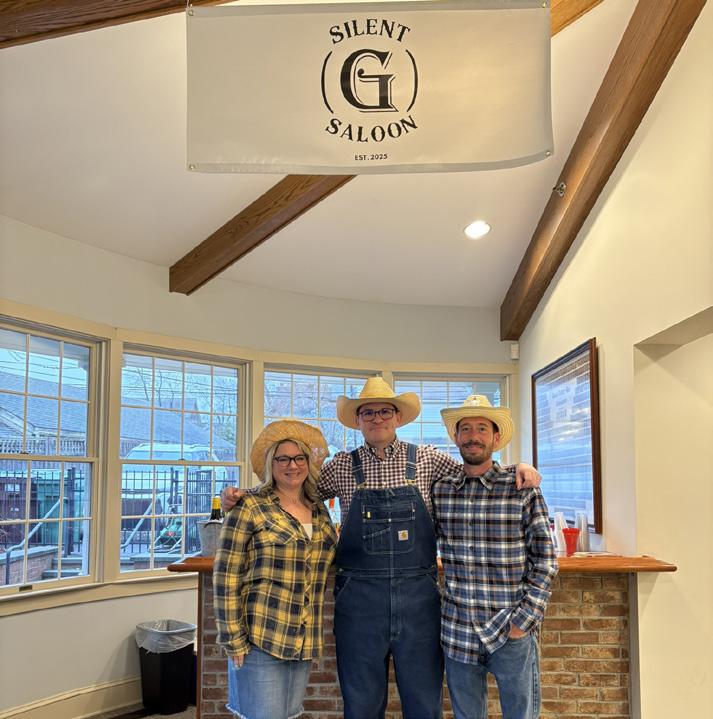

By Thomas Donnelly
Technically, I am not qualified to author the “Managing Partner’s Corner” column. At AMM, we do not have a “Managing” Partner. For many years we employed that model with (literally larger than life) Bill MacMinn serving in that role (without compensation for his troubles). As we transitioned from the “founding” members William Antheil, Susan Maslow and Bill MacMinn, we gravitated to a committee approach in an effort to divide the duties thereby sharing the administrative load attendant to the operation of the practice of law as a business. For a time, we adopted an Executive Committee of three with loosely defined areas of responsibility. That system worked to transition us from a historical managing partner operation, but we found the partners of the firm desired information and a higher level of participation in decision-making such that the executive committee concept brought about a certain level of frustration. Currently, we are a democracy, managed by an Executive Committee comprised of all the equity partners in conjunction with executive staff. We still have areas of the operation which are the focus of one or more or our equity partners, but business decisions are made in the collective.
Accordingly, over the last 25 years, AMM has explored the range of models of law firm governance. We have had retreats, hired consultants, done the research and considered our core values as a business. Every model has worked. Every model has had its challenges.
Generally, the managing partner concept avoids any ambiguity as to who is the boss. “Mac” naturally fit that role at AMM. In a very different example, I recall my time at Mellon, Wester and Shelly before joining AMM, during which Tom Mellon could be (lovingly) described as a benevolent dictator. There is no mystery that many successful lawyers who develop a practice on their own are born leaders and thus, the managing partner structure is a natural fit. Inherent to centralized power is agility and efficiency of the decision-making
process. The down side is perceived disenfranchisement – particularly as a business grows and individual lawyers within the practice grow in stature, influence and financial contribution.
The committee concept is a sort of middle ground. The members of the partnership as a whole are not burdened with the administration of the business on a daily basis, and of course major decisions can remain the purview of partnership vote, but at the same time, partners can feel like things happen around them or to them rather than because they want them to happen. It should be easier to corral a group of three than herd the cats of the entire partnership, but that is not always the case. Regardless, those partners not on the committee may feel as though their informational needs are not met; particularly if they have a desire to be informed and involved. In truth, the perception of informational need is fair in that it is both the “partners’” and the individual “partner’s” business.
True democracy requires patience, participation and a thick skin. Partnership meetings can be frequent, long and involved. My partner, Ms. Pritchard, is famous for requiring food at all partnership meetings lest she, or any other partner, become “hangry.” The expression of differing viewpoints on any number of topics challenges each partner’s own preconceived notions. Reaching consensus can be painful. But at the end of the day, the practice of law is a business and if the idea is that the partners in the firm take ownership of the business, their voices must be heard. Perhaps to the point of our own fault, at AMM we make a concerted effort to be inclusive in the belief that every attorney has a stake in the future of the firm. We struggle with how much information, and responsibility, to give and who the recipients of that information should be. The experiment continues.
So what is the best model? Who knows. From my perspective, it all comes down to the people. What are the needs of the people you are in business with? In order to promote longevity and stability, the chosen

model must meet the needs of the people. For AMM, none of the current equity partners are “founding” partners. We as a firm do our best to carry on their legacy and name and we hope to develop and retain the next generation such that the business can continue. To do so has required us to adapt along the way and will undoubtedly require further growth and adaptation as time goes on.
No one teaches this class in law school.
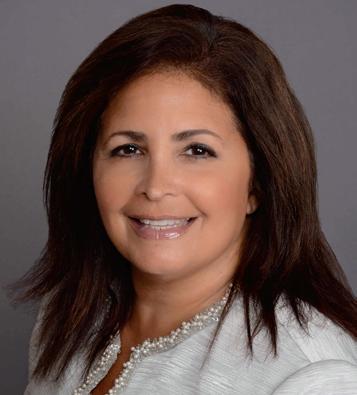
Tina
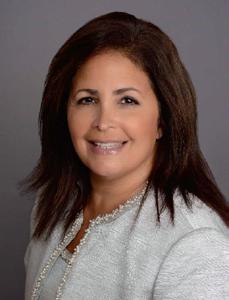




• MLM has returned a dividend to policyholders annually since 1988, over $80 million total
• First dollar defense- a loss only deductible can produce a substantial savings for firms facing nuisance type claims
• Full prior acts coverage
• Offers an array of services to mitigate risks including three free CLEs for policyholders each policy year, $165 value
• Judge, Court of Judicial Discipline
expert
• Former Chairman, Judicial Conduct Board of Pennsylvania
• Former Chairman, Disciplinary Board of the Supreme Court of Pennsylvania
• Former Chairman, Continuing Legal Education Board of the Supreme Court of Pennsylvania
• Former Chairman, Supreme Court of Pennsylvania Interest on Lawyers Trust Account Board
• Former Federal Prosecutor
• Selected by his peers as one of the top 100 Super Lawyers in PA and the top 100 Super Lawyers in Philadelphia
• Named by his peers as Best Lawyers in America 2022 and 2015 Philadelphia “Lawyer of the Year” Ethics and Professional Responsibility Law and Legal Malpractice Law
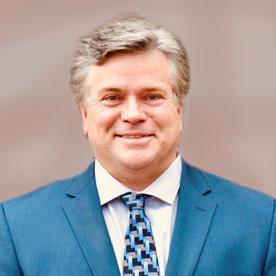

The Bucks County Bar Association is extremely proud of its members who serve as judicial law clerks. Many of these clerks are newly minted from law school, and display incredible promise to serve as future leaders of the Bar Association. As a recurring column, the Writs will feature profiles on a few members of the current clerkship class. In this edition, we are proud to present Julia Stribula, law clerk to the Senior Judges of Bucks County and for Visiting Judges from other counties, and Tiffini L. Barton, law clerk to Hon. Denise M. Bowman.
The Writs: Tell us about yourself.
I am currently serving as the law clerk for the Senior Judges of Bucks County and for Visiting Judges from other counties. Prior to this role, I had the privilege of working as the law clerk for the Honorable Gary B. Gilman. I recently graduated from Villanova University Charles Widger School of Law. Before law school, I earned a B.A. in criminal justice from DeSales University and began my master’s in criminal justice – something I intend to complete in the future.
My passion lies in criminal law, particularly in post-conviction work and wrongful convictions. I have had the opportunity to work with organizations such as the Pennsylvania Innocence Project and Phillips Black, a nonprofit public interest law practice. I had the honor of serving as an advanced clinical student with Villanova’s Caritas Clemency Clinic, where our team successfully secured two compassionate release motions in federal district courts.
Outside of my professional life, I enjoy hiking, camping, and traveling to national parks. After taking the bar exam this past summer, I embarked on a cross-country road trip with my family—one of five cross-country road trips we have taken together. I hope to eventually visit every national park in the country.
The Writs: What made you decide to work in Bucks County?
Although I am not originally from Bucks County, I grew up in the neighboring Lehigh County. I currently live in Philadelphia, drawn by my love of the city but mostly because I cannot resist being close to Citizens Bank Park for all the Phillies games I love to attend. I decided to work in Bucks County after hearing about the great experience a law school friend had in clerking here. And after meeting
Judge Gilman—an incredible, exceptionally compassionate criminal law judge and fellow Phillies fan—it was clear this was the perfect fit.
The Writs: What made you want to become an attorney? Who were your role models or inspirations and why?
After college, I was torn between completing my master’s degree in criminal justice or attending law school. I was deeply inspired by the stories of individuals like Kalief Browder and Walter McMillian, who endured the injustices of a flawed criminal justice system. I felt compelled to make a meaningful impact, both in reforming the system and in helping individuals navigate its complexities, and I knew that a law degree was essential to achieving that.
Additionally, my father had dreamed of becoming a lawyer but never had the opportunity to pursue higher education, choosing instead to make sacrifices for his family. I wanted to honor his sacrifices by following the path he was unable to take, becoming a lawyer for both of us
The Writs: Describe a day in the life of a law clerk in your judge’s chambers.
It is hard to describe a typical day as a law clerk because no two days are the same. My day depends on which judges are on the bench that day, as I work with both senior judges and visiting judges from out of the county. I handle both criminal and civil cases, so the topics I work on can vary widely. One day, I could be in court all day attending hearings or a trial, while on another, I might be preparing trial materials for a criminal case, reviewing motions in a civil case, or assisting in drafting opinions.
The Writs: What was the most interesting case that you have worked on for your judge?
The most interesting case I worked on for Judge Gilman involved a complex matter with multiple related cases.
It required extensive research and analysis to untangle the various legal issues involved. I had the opportunity to assist in drafting an opinion, which was both challenging and rewarding. The case offered a unique opportunity to engage with a broad range of legal topics, and it was incredibly fulfilling to contribute to such an important and multifaceted decision.
The Writs: What type of law do you want to go into after your clerkship, and where do you see yourself in five years?
After my clerkship, I plan to pursue a career in criminal law, with a focus on wrongful convictions and appeals. I am passionate about advocating for individuals who have been unjustly affected by the criminal justice system, and I want to continue making a difference in that space. In five years, I see myself as a criminal defense attorney, potentially working at a nonprofit or a firm specializing in post-conviction work, where I can continue to grow professionally and make a lasting impact in the lives of my clients. And, of course, I hope to have crossed a few more national parks off my list.
The Writs: What is your favorite fictional character from the legal industry?
Is it too predictable to say Elle Woods? As a woman in law, it can sometimes be tough to be recognized for your abilities and not judged by appearances—whether you are wearing a pink suit or not. But Elle’s bravery, confidence, and ability to break through stereotypes is something I admire. She proves that you can stay true to yourself, embrace your unique strengths, and still be incredibly successful in a competitive field like law.
And, of course, an honorable mention to Vinny Gambini from My Cousin Vinny because, come on, how could you not love the way he says “youths”?
The Writs: What has been your favorite place to travel to and why?
My favorite place to travel is Rocky Mountain National Park. There is no phone service, miles of hiking trails, plenty of alpine lakes for a cold plunge, and lots of spots to hang my hammock and relax with a non-law-related book. Plus, there is a nearby town where you can enjoy a well-earned post-hike beverage.
The Writs: What advice would you give a law student to help prepare for a clerkship in Bucks County? For a law student preparing for a clerkship in Bucks County, my advice would be to stay adaptable and stay ahead of deadlines. The work can vary greatly depending on the

judge, so being flexible and ready to dive into both criminal and civil cases is important. Take time to understand local court rules and procedures, as they can be different from what you may have learned in law school. Do not hesitate to ask questions or seek guidance from your judge or fellow clerks—being receptive to learning and growing will be key. Finally, embrace the opportunity to network with judges, attorneys, and fellow clerks.
The Writs: What do you do when not working as a clerk?
When I am not at the courthouse, I love hiking, exploring new restaurants and recipes, enjoying trivia nights, playing board games, and spending time with family and friends. And, naturally, yelling at my television (mainly at the umps) during Phillies games like it’s going to make a difference!
The Writs: What is your favorite bar or restaurant in Bucks County?
My favorite restaurant is Terrain. It has a fantastic natureinspired vibe, a seasonal menu with delicious food, and they source their ingredients locally.
The Writs: Tell us about yourself.
I am an international student from Guyana, having completed my Bachelor of Laws (LLB) at the University of Guyana. Thereafter, I attained my Legal Education Certificate (LEC) at the Hugh Wooding Law School in St. Augustine, Trinidad, allowing me to practice law in the English-speaking Caribbean. I have been a practicing Attorney in Guyana for 5 years. In 2023, I attended Penn State Dickinson Law, where I graduated with a Master of Laws (LLM) in Litigation and Dispute Resolution. Currently, I am the Law Clerk for the Honorable Denise M. Bowman.
The Writs: What made you decide to work in Bucks County?
I decided to work in Bucks County because it is my goal to practice law in Pennsylvania. Upon arriving in Bucks County for my interview, I found it to be beautiful and knew that it was a place where I could grow. I had no doubt that I would learn a lot as a law clerk at the Bucks County Court of Common Pleas.
The Writs: What made you want to become an attorney? Who were your role models or inspirations and why?
Growing up, I always knew that I wanted to be a lawyer. I was always good at asking the right questions about things, and that is a helpful tool for a lawyer. Being exposed to the
injustices around me in my society propelled me to become a lawyer because I wanted to do my part to combat those injustices as a legal practitioner.
A day in my life as a law clerk would include doing a lot of reading, conducting legal research, working on legal memos and observing family proceedings in court.
The Writs: What was the most interesting case that you have worked on for your judge?
I cannot choose just one case because each case is unique. However, what has been interesting for me is observing the way various attorneys go about cross-examining witnesses. That is of interest to me because one of my goals is to litigate cases in Pennsylvania in the future.
The Writs: What type of law do you want to go into after your clerkship, and where do you see yourself in five years?
I am interested in practicing law in a technology-related field, such as: AI, blockchain, data privacy and internet law. In five years, I see myself being admitted to practice law in Pennsylvania and attaining an S.J.D.
The Writs: What is your favorite fictional character from the legal industry?

I prefer to watch shows or content that are unrelated to the legal industry, so I do not have a favorite fictional character from the legal industry.
The Writs: What has been your favorite place to travel to and why?
My favorite place to travel is any place where I can see nature and enjoy the outdoors. I like being surrounded by nature and as such I like going to national parks and seeing sights like waterfalls and valleys.
The Writs: What advice would you give a law student to help prepare for a clerkship in Bucks County?
Advice that I would give a law student would include learning your local rules and asking for help when needed, whether it be from a fellow law clerk or your Judge.
The Writs: What do you do when not working as a clerk? When I am not working as a law clerk, I like to catch up on my favorite YouTube channels, explore the outdoors and spend time with my spouse.
The Writs: What is your favorite bar or restaurant in Bucks County?
My favorite restaurant is Kung Fu. I love Asian food!

Every wound tells a story of resilience and hope. At our outpatient wound care center, our compassionate team provides expert treatment tailored to your needs. Together, we’ll help you heal faster, so you can continue making precious memories with your loved ones. Your journey to recovery starts here!

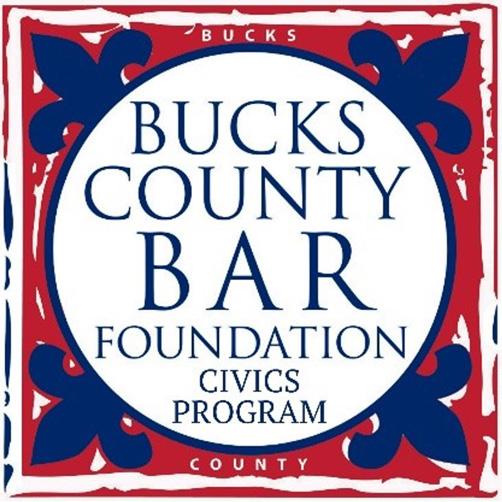

By Jeffrey A. Liebmann
On behalf of the Bucks County Bar Foundation (“BCBF”), we are very excited to announce the creation of the new Foundation Civics Program, the Mission Statement of which reflects the broad goals, values, and intended beneficiaries of the program:
The Bucks County Bar Foundation Civics Project (“Project”) strives to promote civics education and engagement in Bucks County through an increased understanding of civic rights and responsibilities and enhanced civic participation. The Project serves as a non-partisan resource of continuously updated civics educational materials for educators, students, and citizens at large and also offers a speakers bureau made up of volunteer attorneys, judges and other community leaders committed to promoting a vibrant and healthy democracy through civics education and engagement.
In its broadest sense, civics is the lifelong process that makes people into informed and engaged members of their communities. It is the study of all aspects of citizenship. A
civics education helps students understand their rights and responsibilities as citizens and fosters informed and engaged participation in our democracy. It teaches critical thinking and decision-making skills by analyzing laws, government structures, and current events. Civics education also promotes virtues which are key to positive community involvement such as civility, respect, and tolerance.
A civics program geared toward Bucks County students squarely fits withing the mission of the Foundation, and the Foundation recognized that we are uniquely positioned to be on the forefront of filling a void in civics education among our area students. Last year the BCBF created a committee to create this civics program, comprised of Judge Jeffrey G. Trauger, Judge Denise M. Bowman, Jeffrey Liebmann, Foundation President, Foundation Trustee Julie Goldstein, Foundation Vice-President Sarah Ryan and Executive Director Heather Cevasco, which began brainstorming and outlining what a Foundation created and managed civics program might look like.
We are very excited about the framework of what we are creating. In the coming months, we will offer educators and students of Bucks County a full-service civics website and a speakers bureau to assist educators in promoting civics education in the classroom.
It is our hope that, through the Bucks County Bar Foundation Civics Program, we can provide myriad resources to assist educators in making civics education a part of every student’s curriculum – from elementary school through high school. This would include a one-stop civics portal which would house all types of civics-related materials including topics addressing:
• The Constitution
• The Bill of Rights
• The Branches of Government
• Voting Rights and Election Law
• The First Amendment
• Civility
• How a Bill Becomes a Law
• Judges and the Courts
• Local Government
• State Government
• The Rule of Law
Our vision is to also have a speakers bureau available to Bucks County educators and students, accessible through out website, which would consist of distinguished volunteers who share the Foundation’s mission, including Judges, federal, state, and local officials, attorneys from a host of disciplines, leaders in education, business leaders, and community leaders available to go to the schools and speak on a variety of topics to students. We also envision creating a BCBF Civics Program YouTube Channel with 10- to 20-minute videos for students and educators to access featuring a variety topics of local interest from local, municipal and county officials, row officers, first responders, attorneys and Judges. There truly is no limit to the possibilities.
The Bucks County Bar Foundation will be rolling out our Civics Program with Law Day Contests. These Law Day contests include a Poster Contest and an Essay Contest for Grades 4-6, Grades 7-9, and Grades 10-12. We are asking local students to compose a poster or an essay with the theme “The Role of the Law in America.” We will honor the winners of our Law Day Contests at a special event in May.
Jeffrey A. Liebmann is a partner at Curtin & Heefner LLP, in its Yardley, PA office, where he practices family law. Jeff is also the president of the Bucks County Bar Foundation.
With an advertisement in the Writs!
Reach over 25,000 readers directly connected to the practice of law within Bucks County. From attorneys and others engaged in the practice, service, enforcement or entanglements of law in civic, building, engineering, and municipal work, school district representation, environmental stewardship, estate work, and health, corporate and insurance-related matters, to engaged business and community leaders and members, the Writs offers helpful news, trends, insights, and educational editorial in the field of law.
Our next issue drops in June 2025. Contact Patricia Young at pat@hoffpubs.com or 610-685-0914 x702 for more information.


